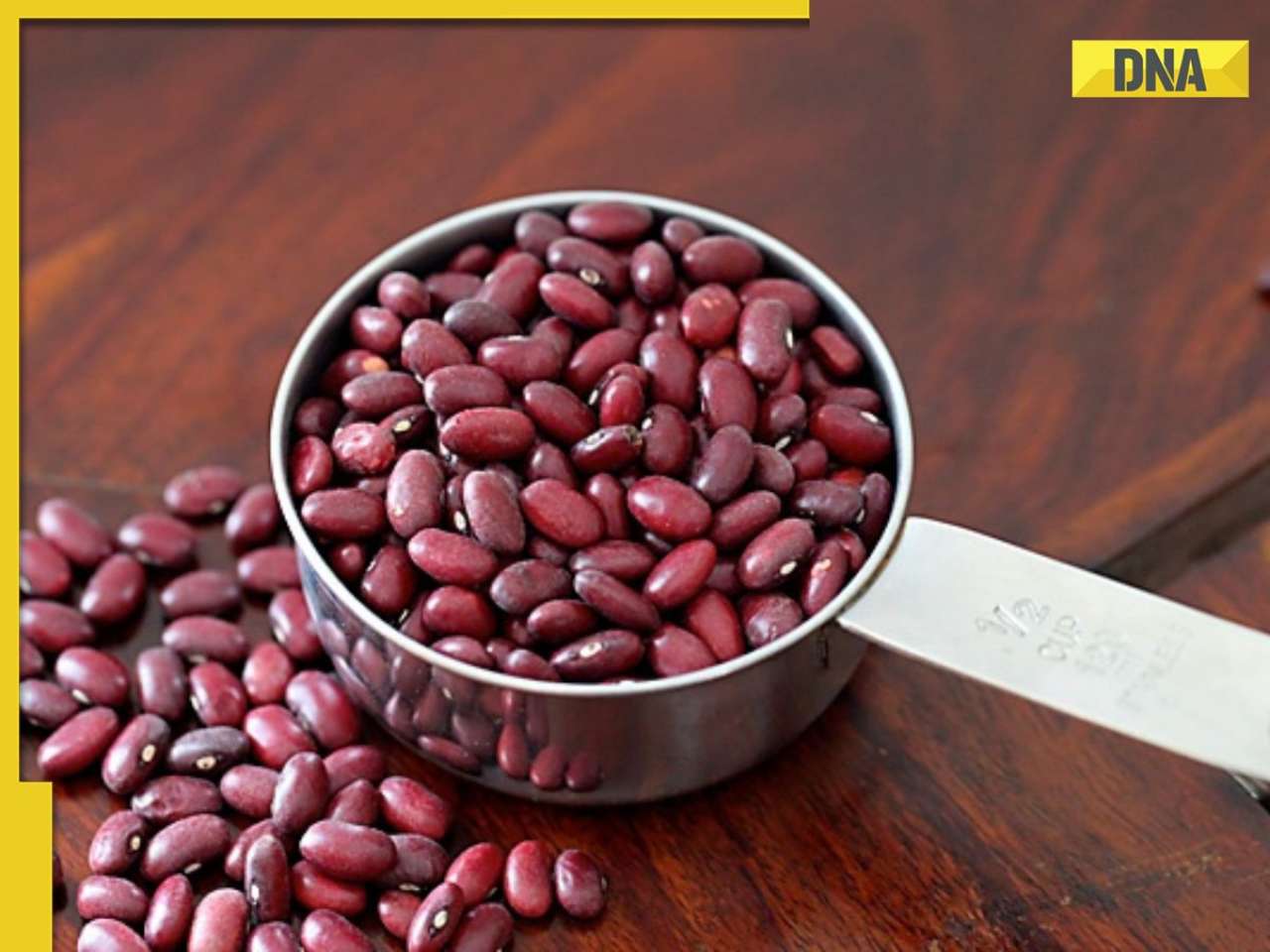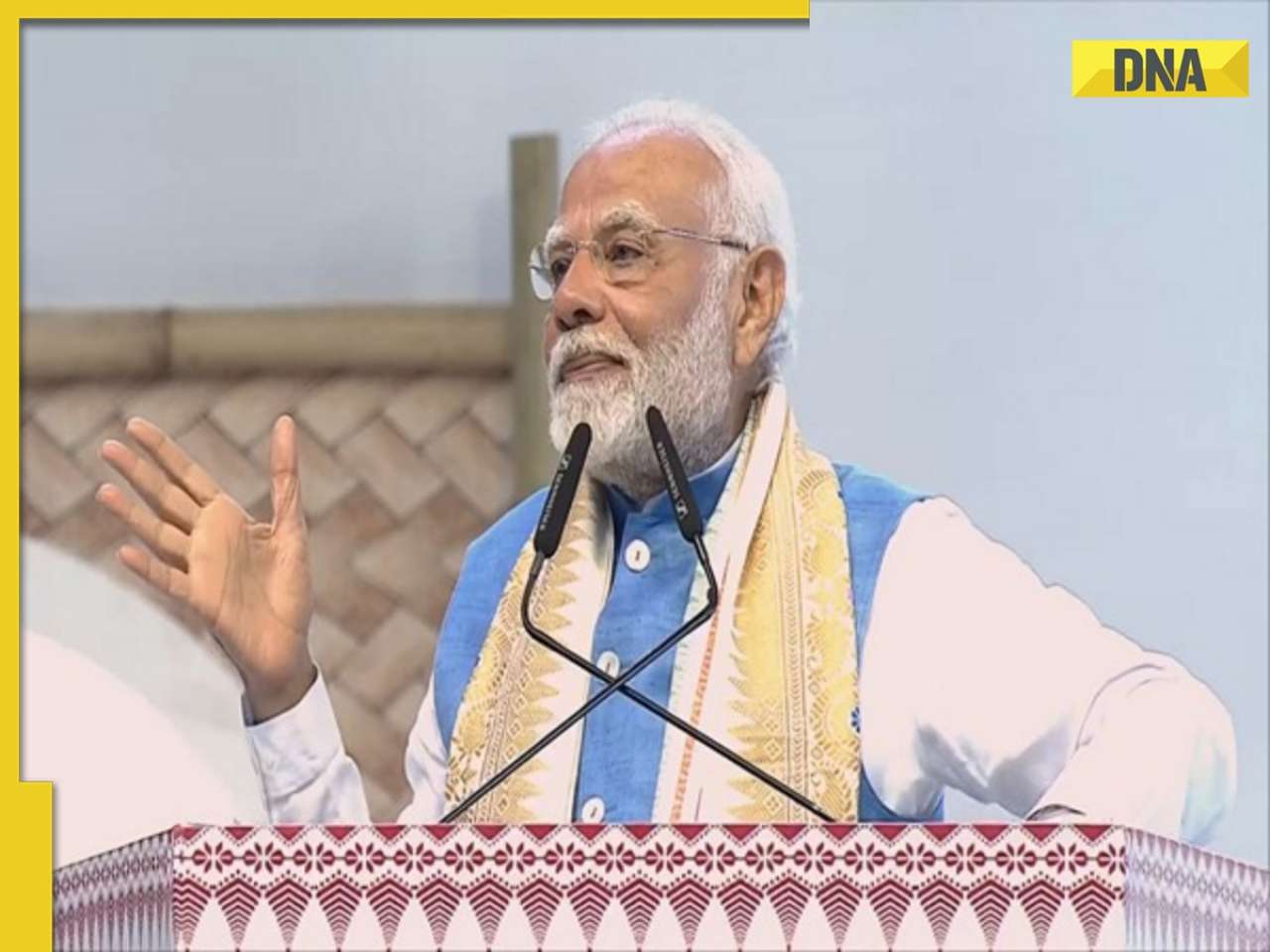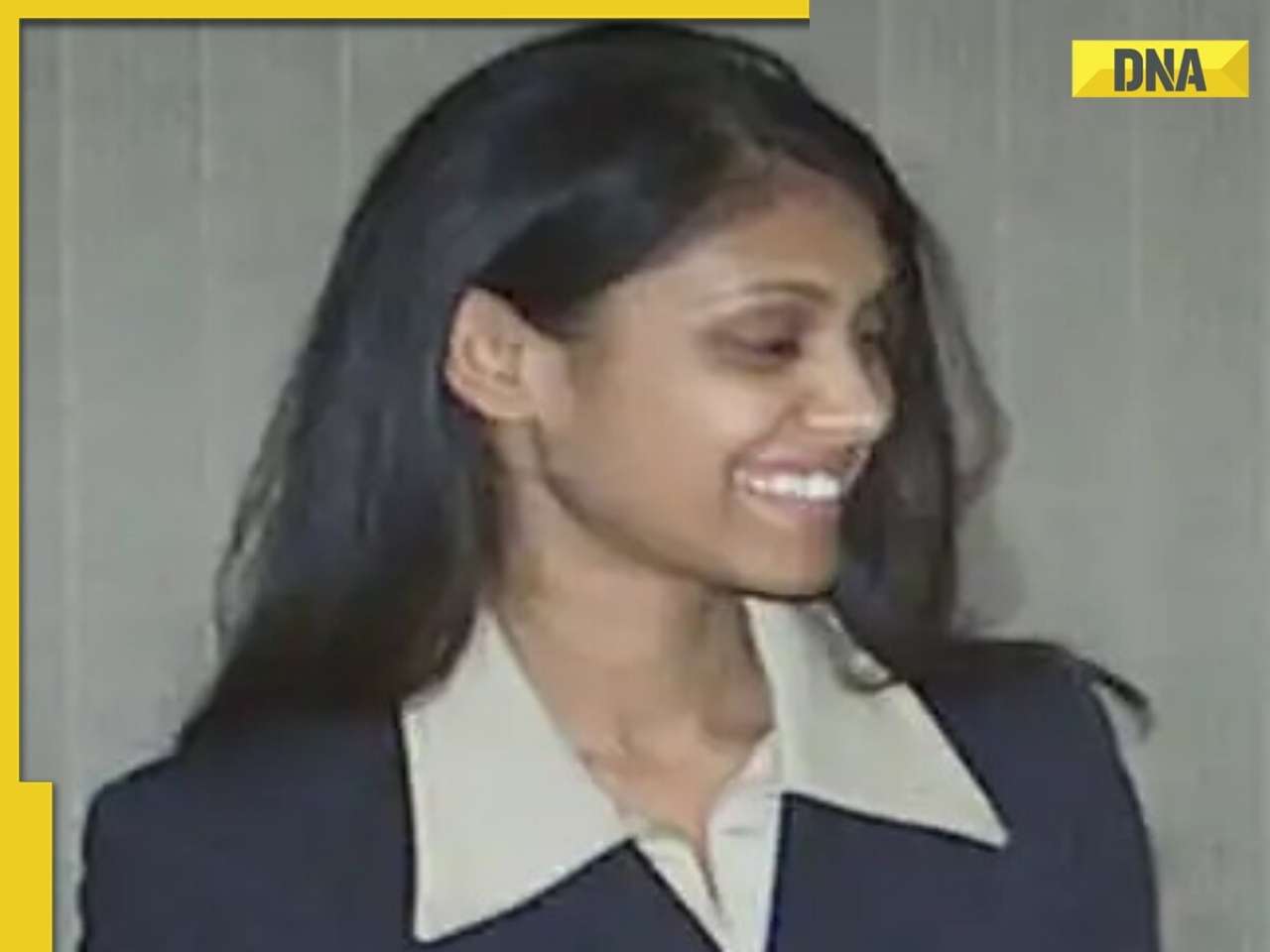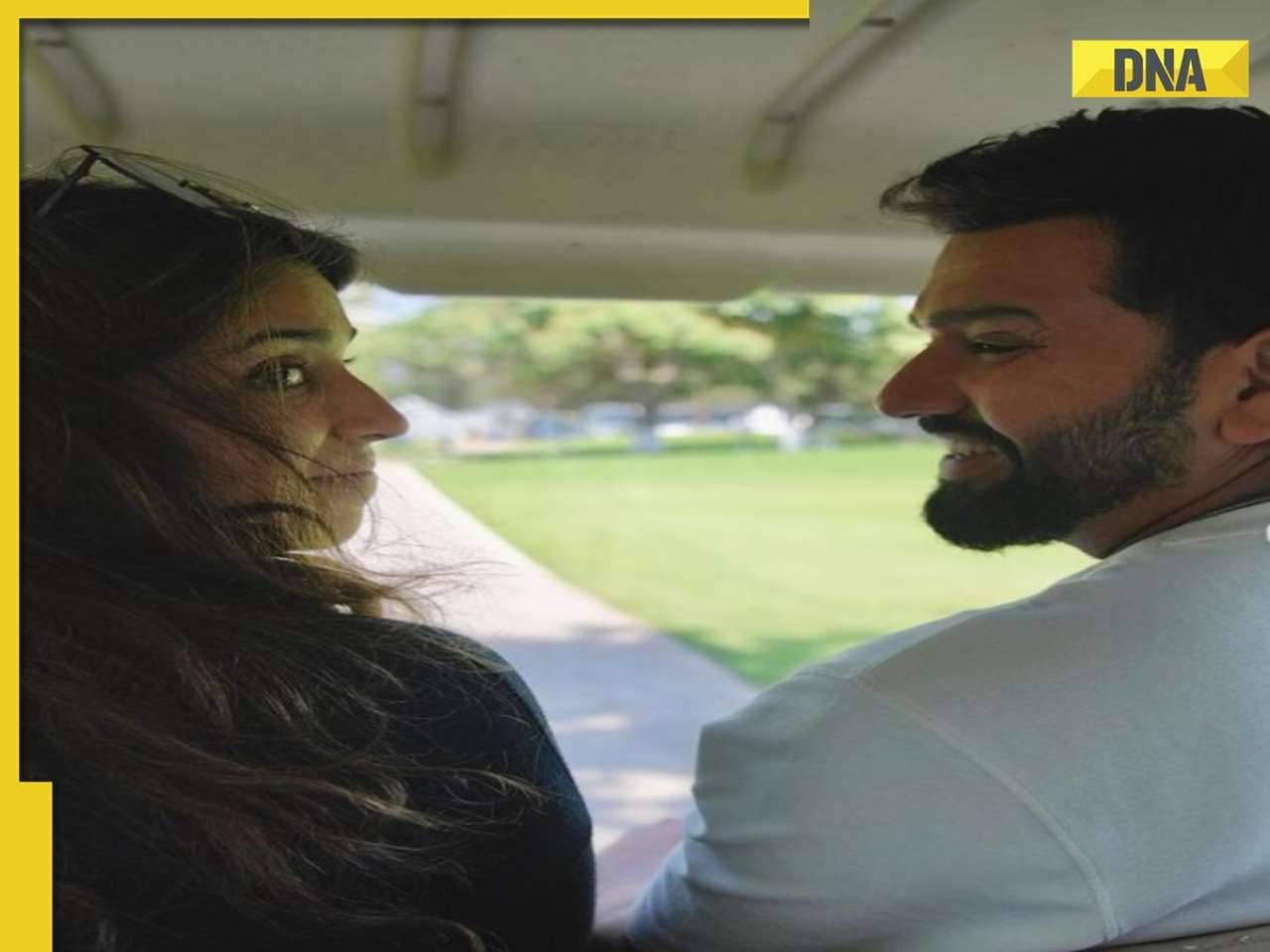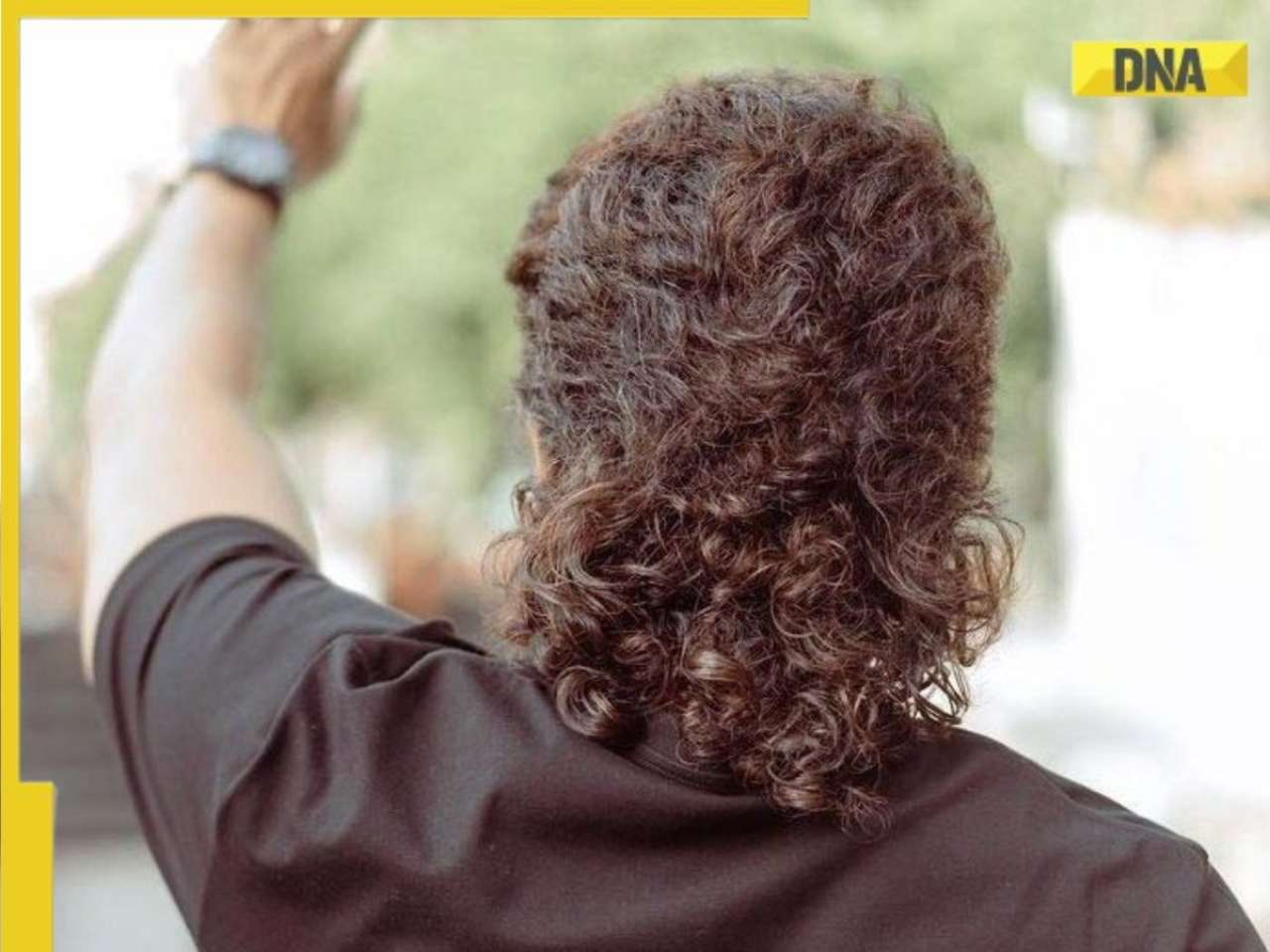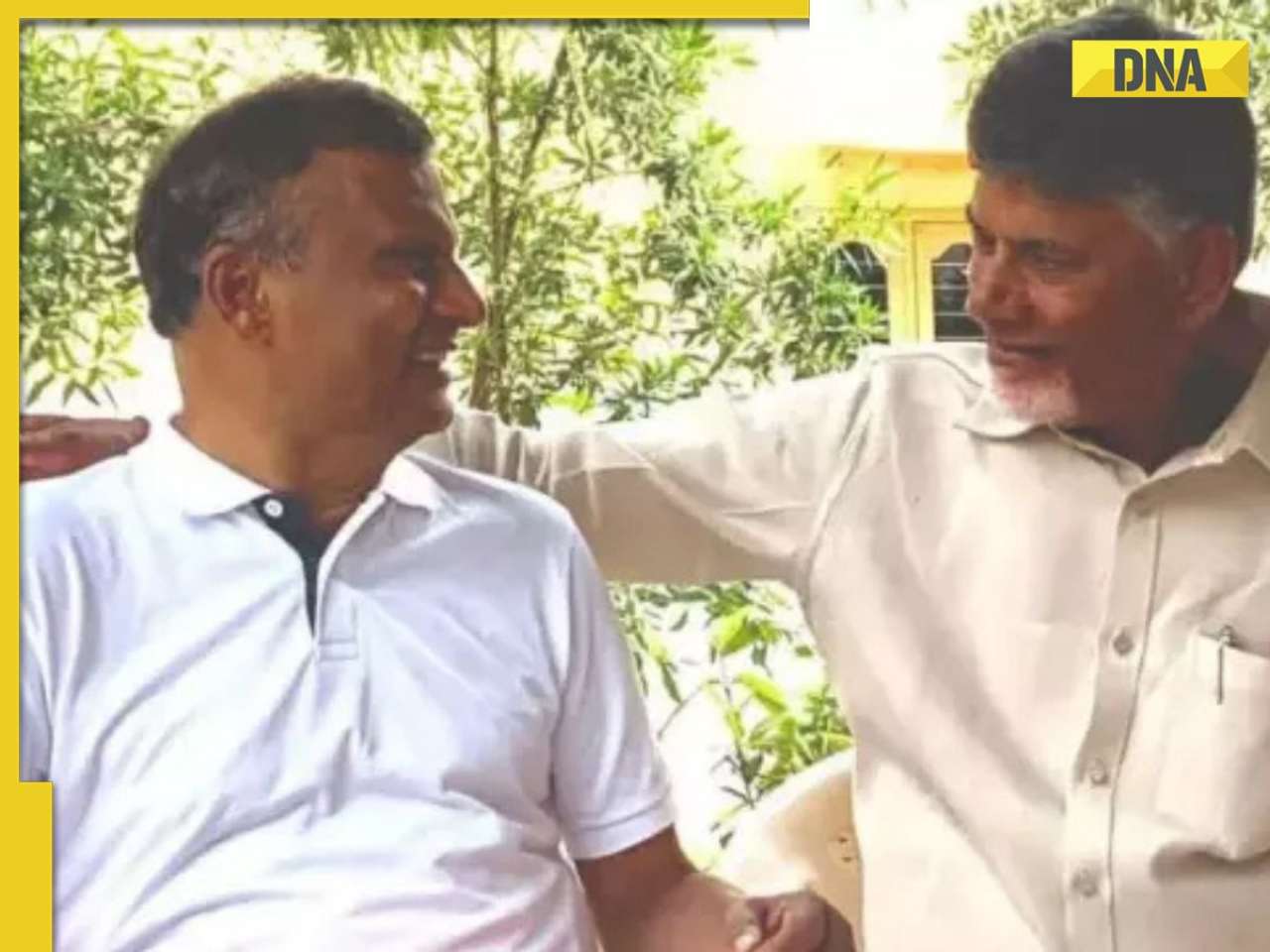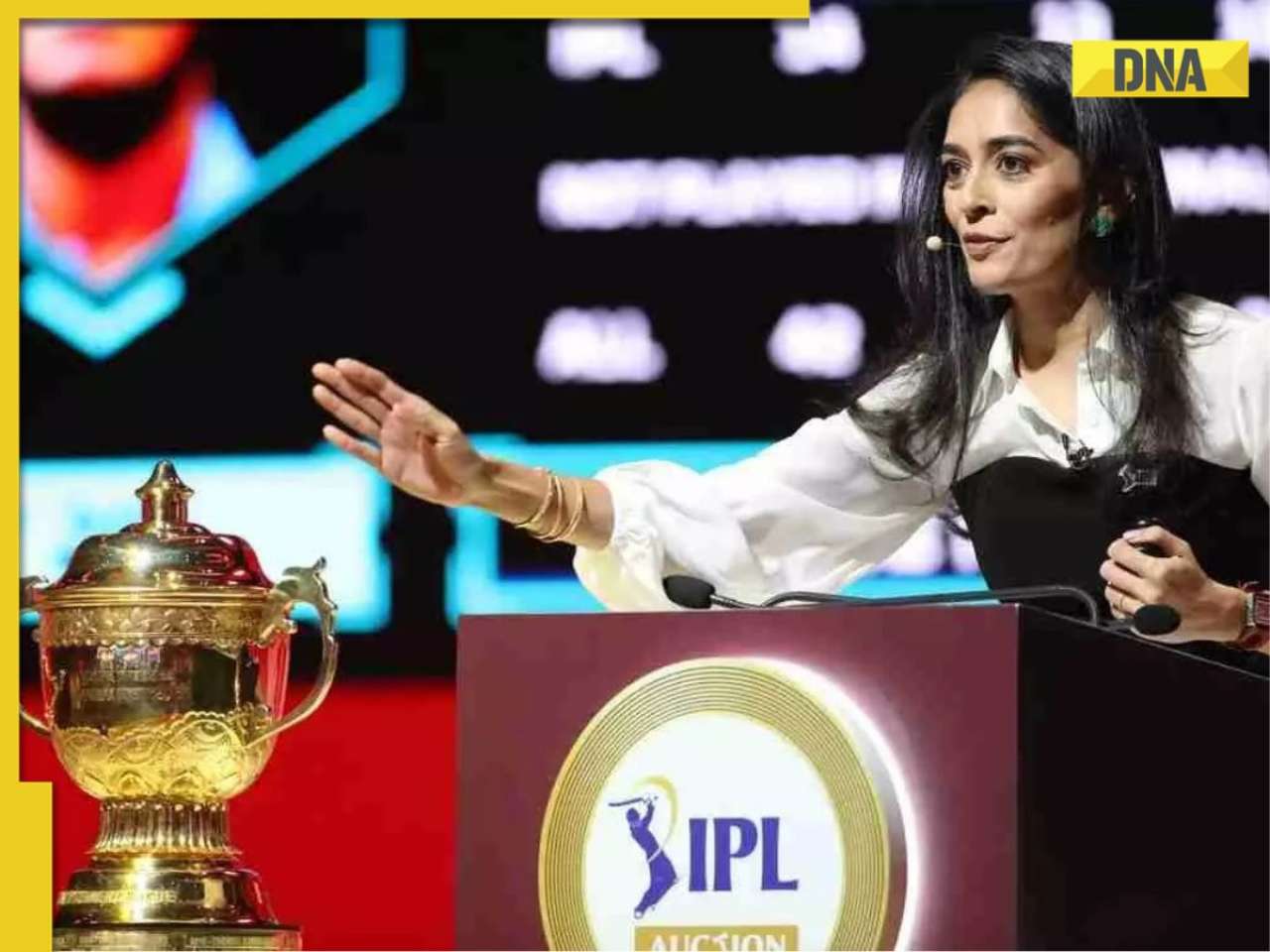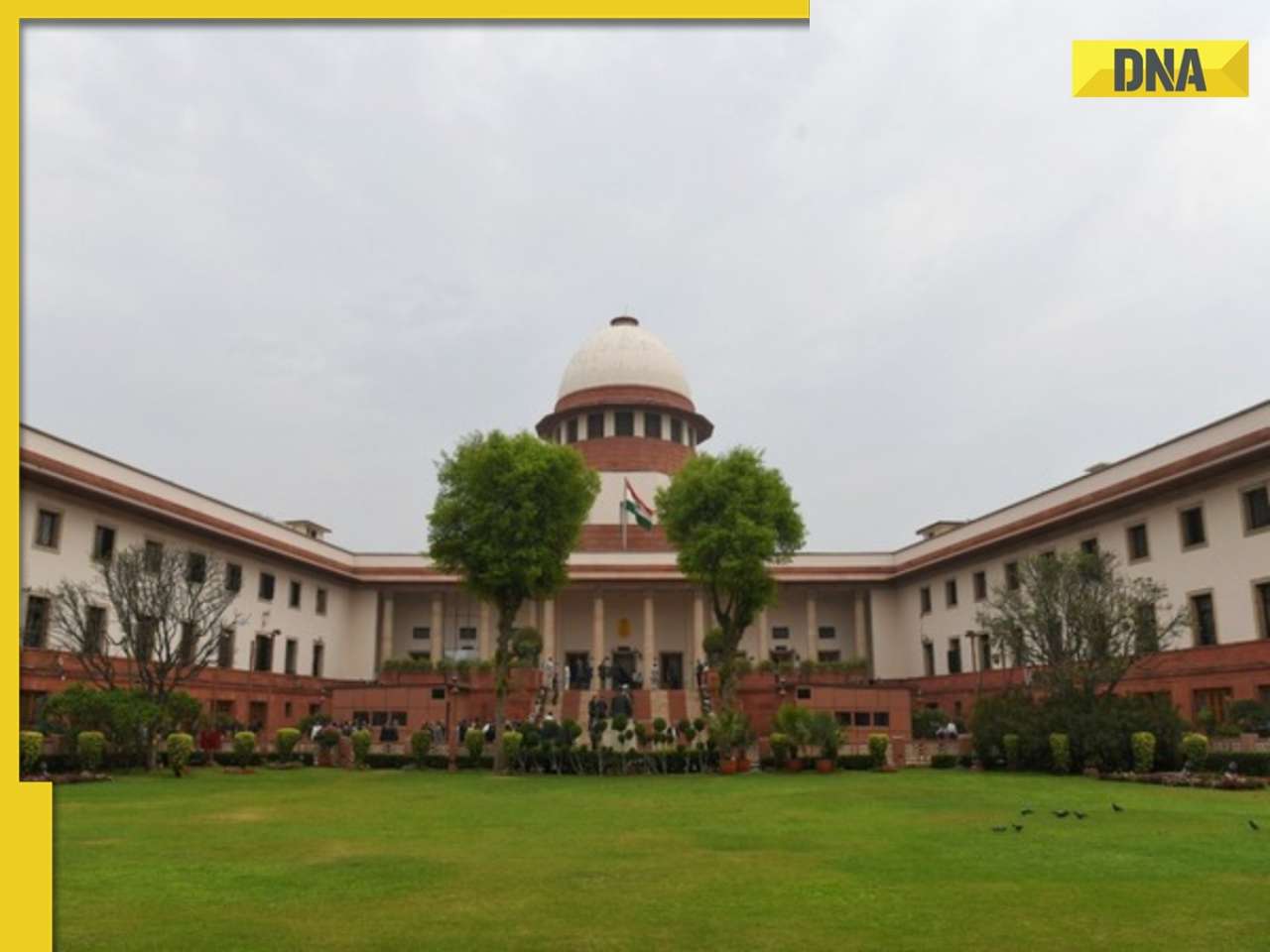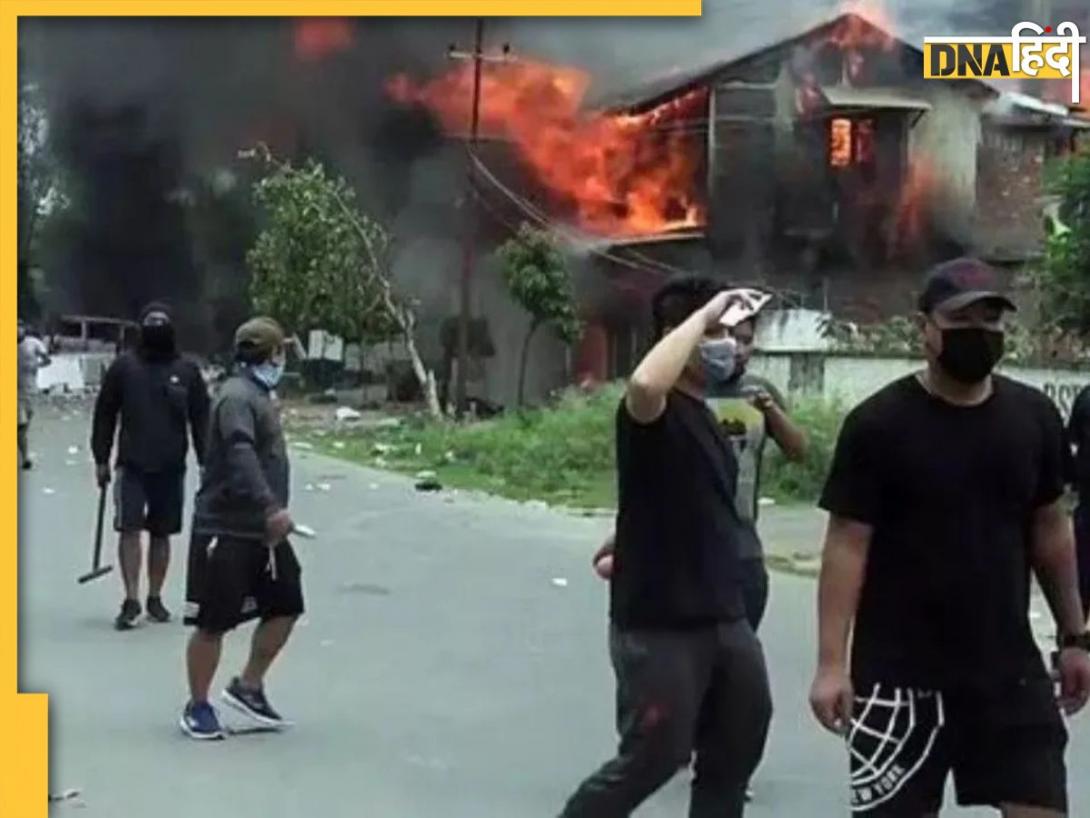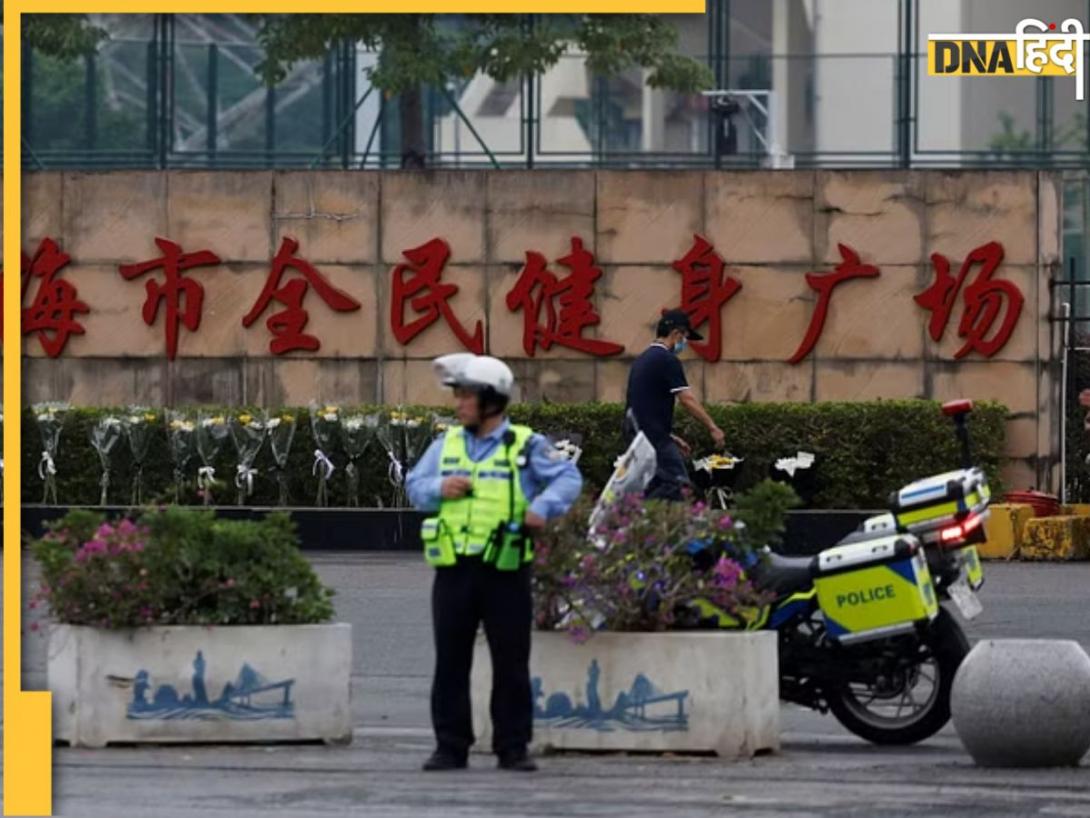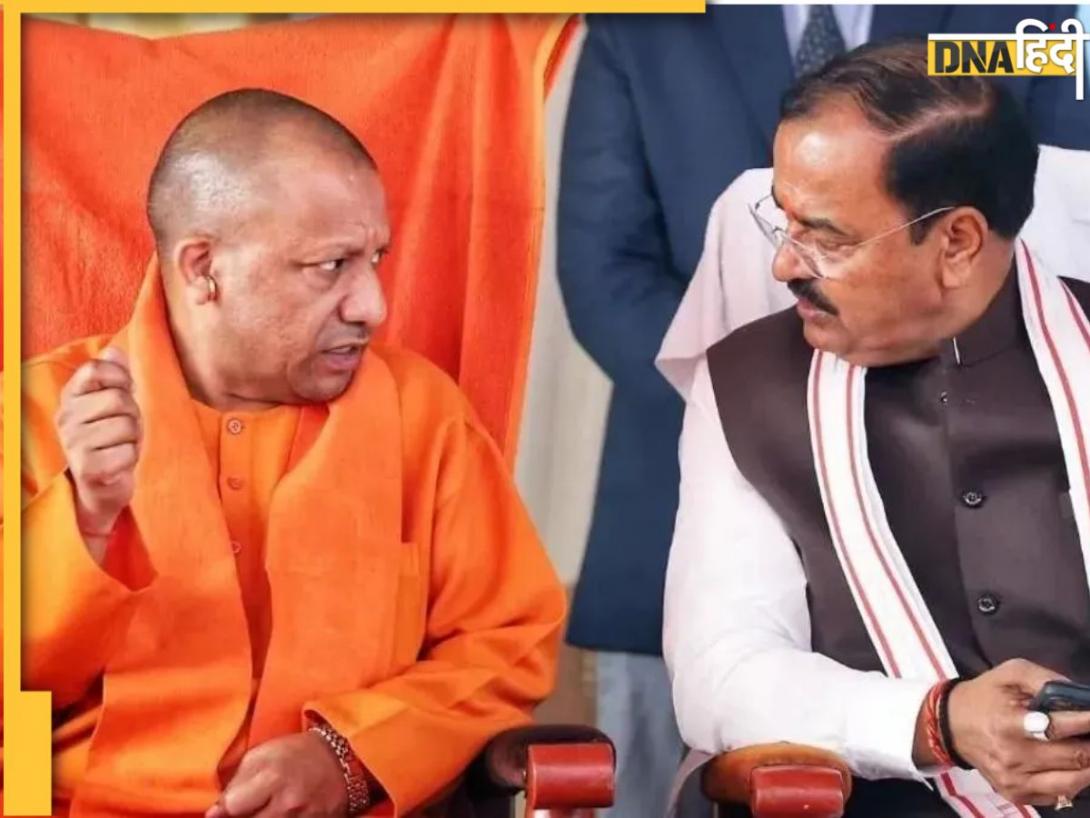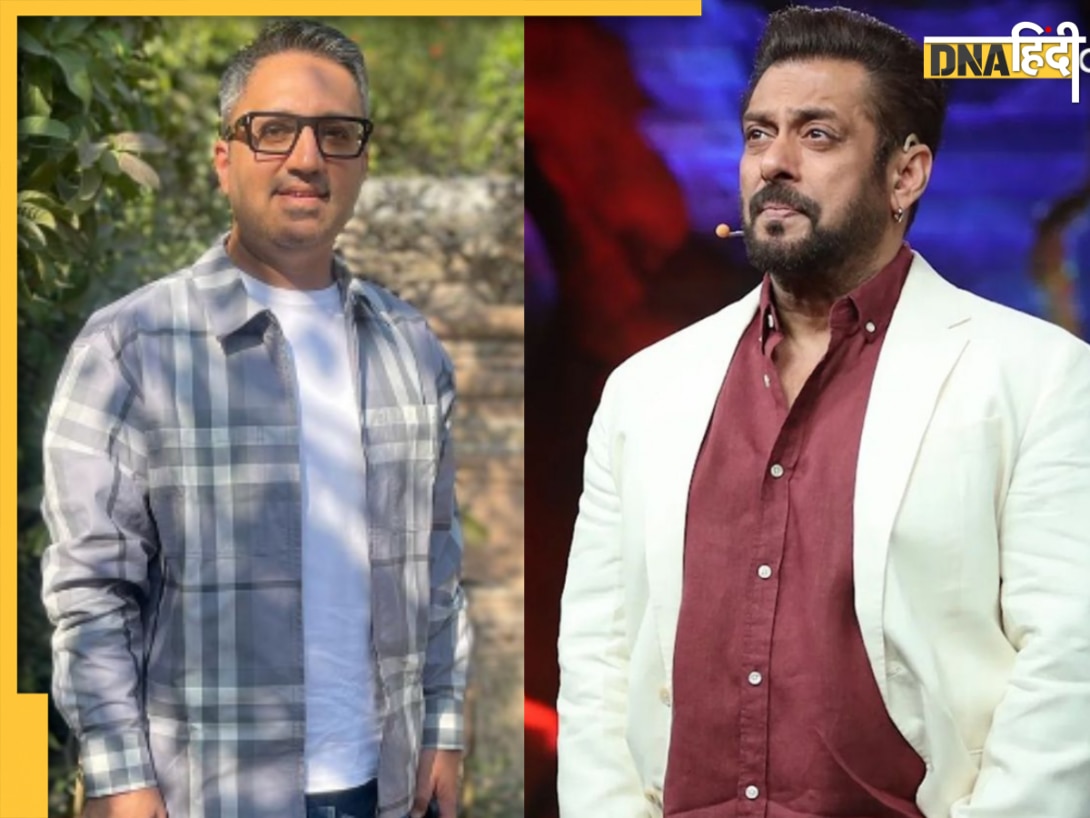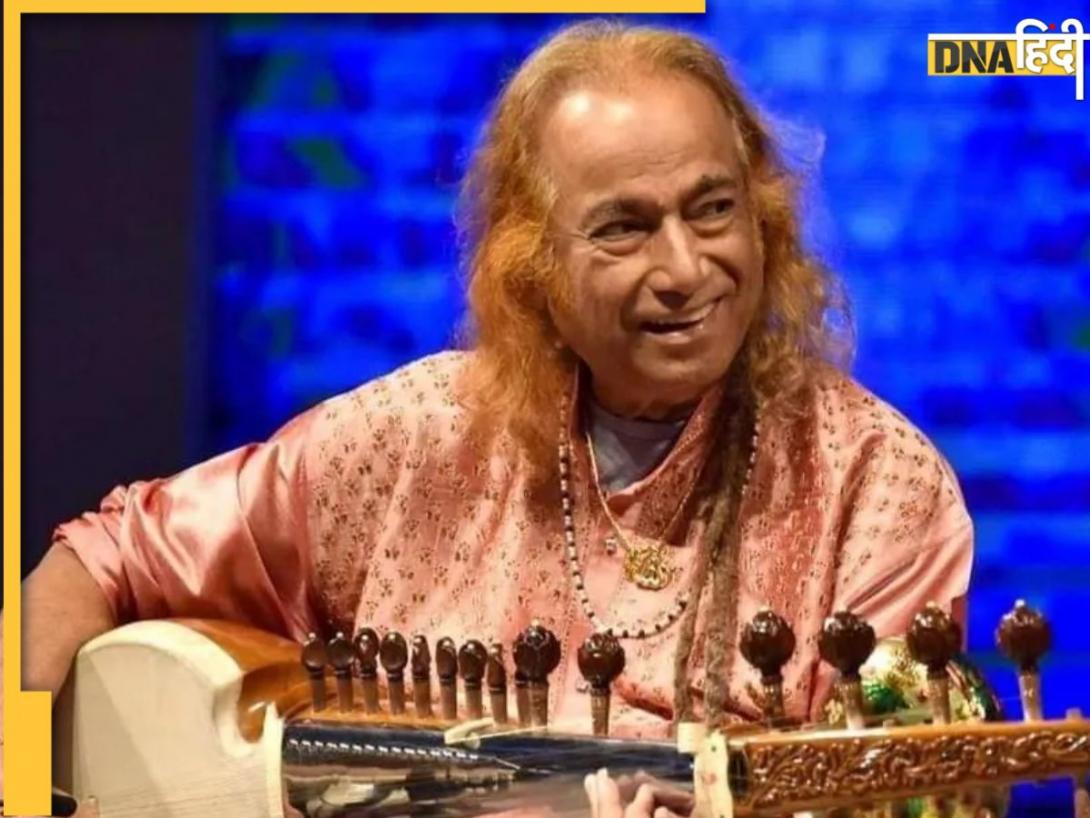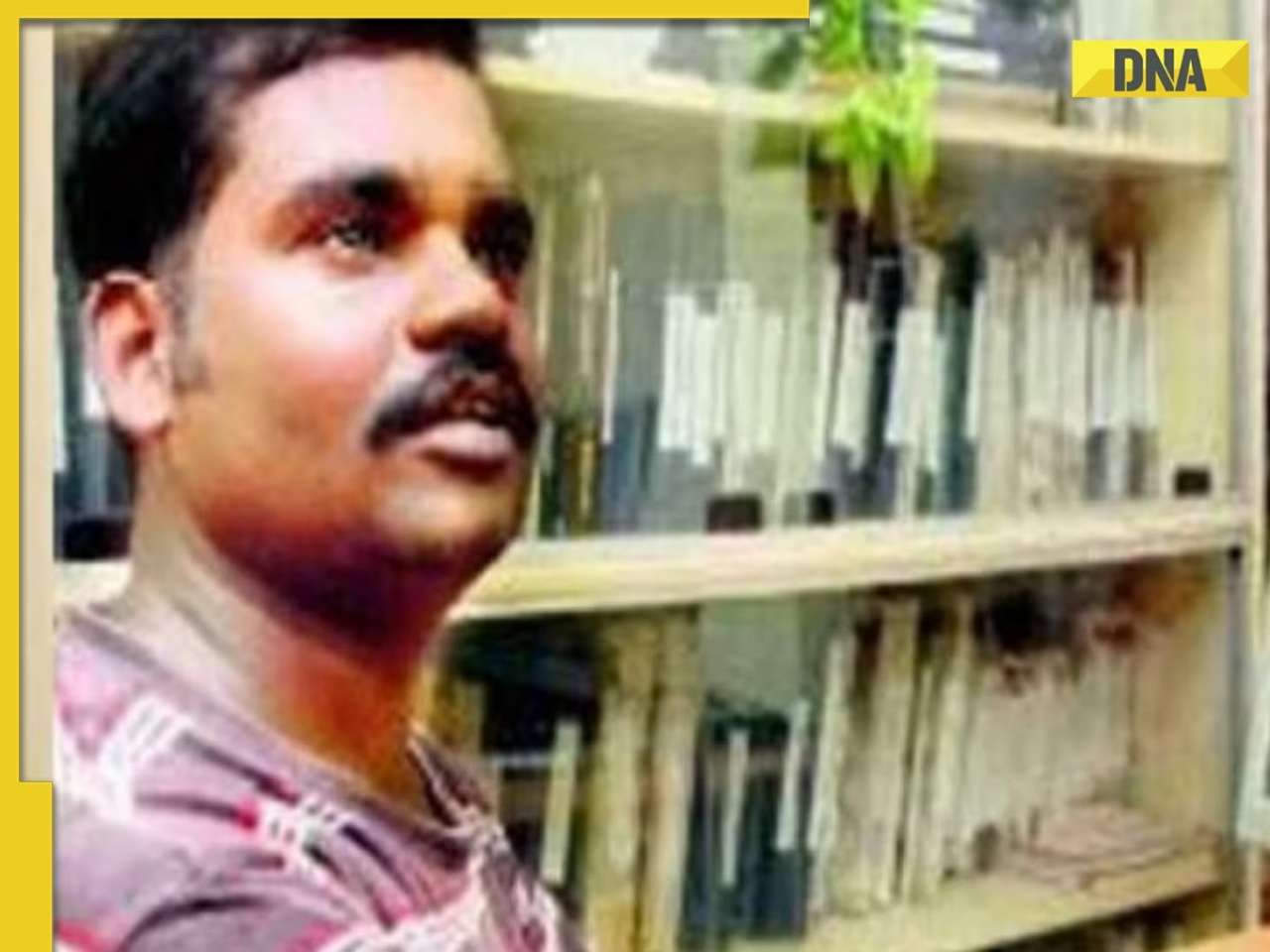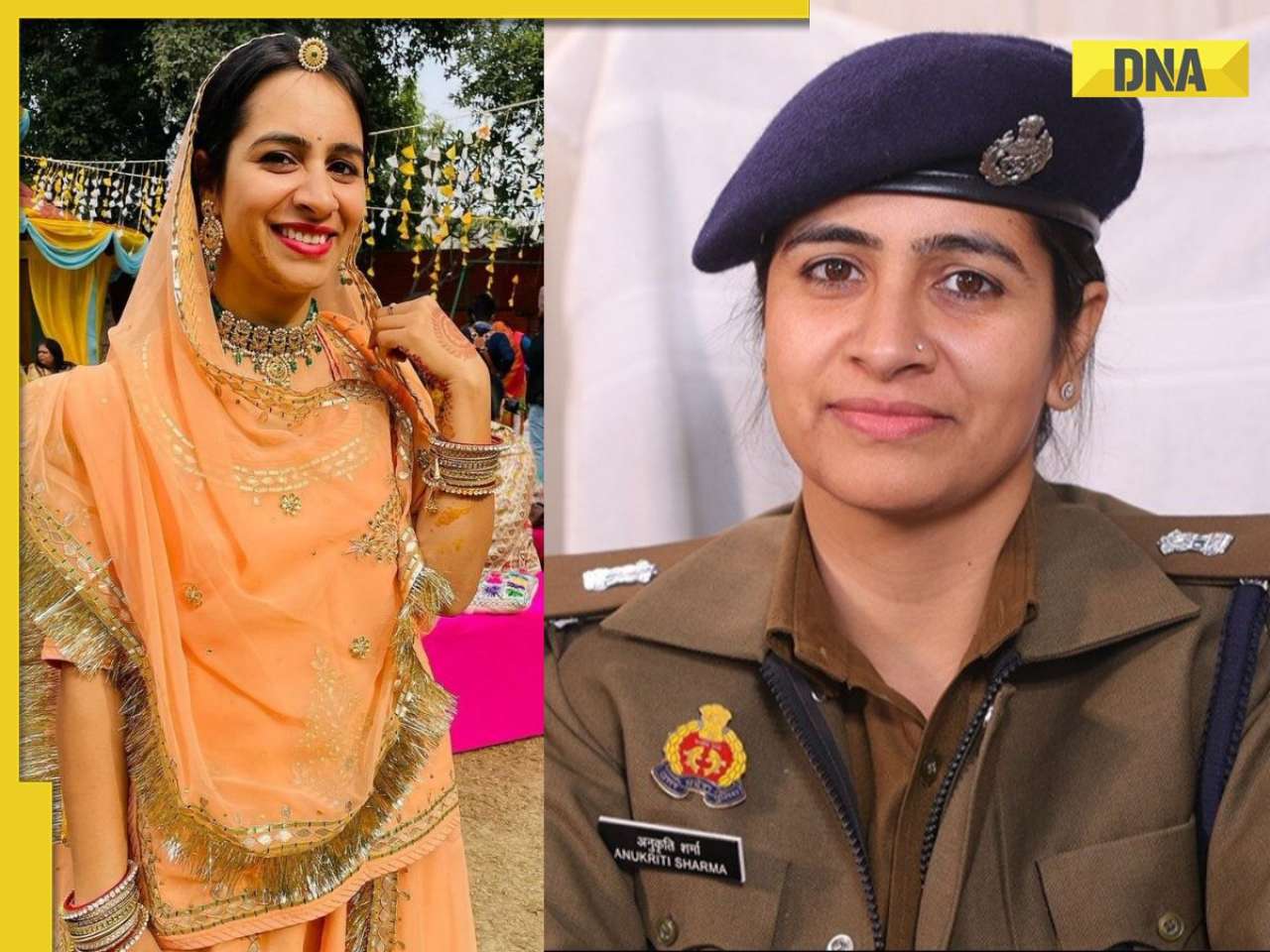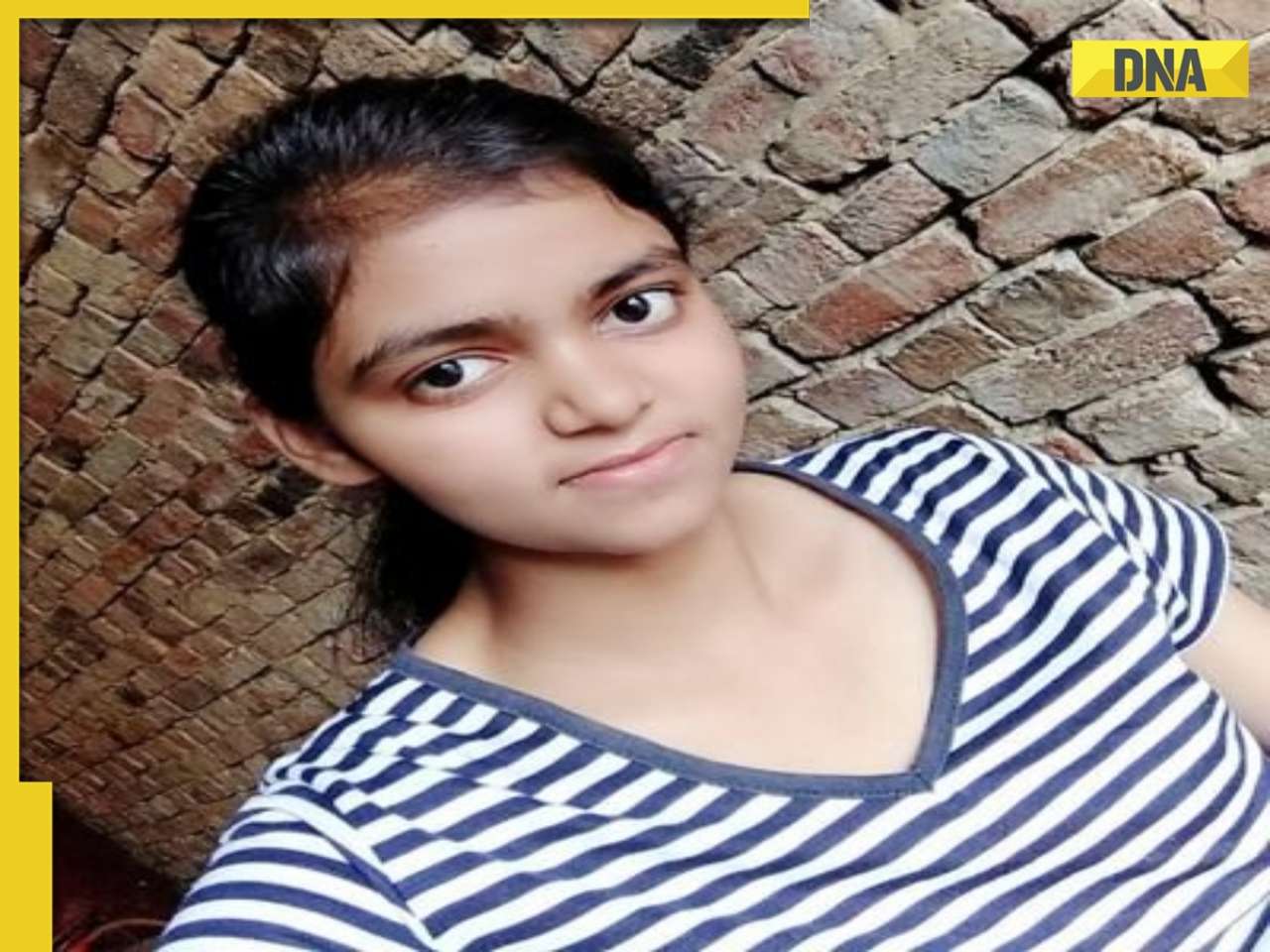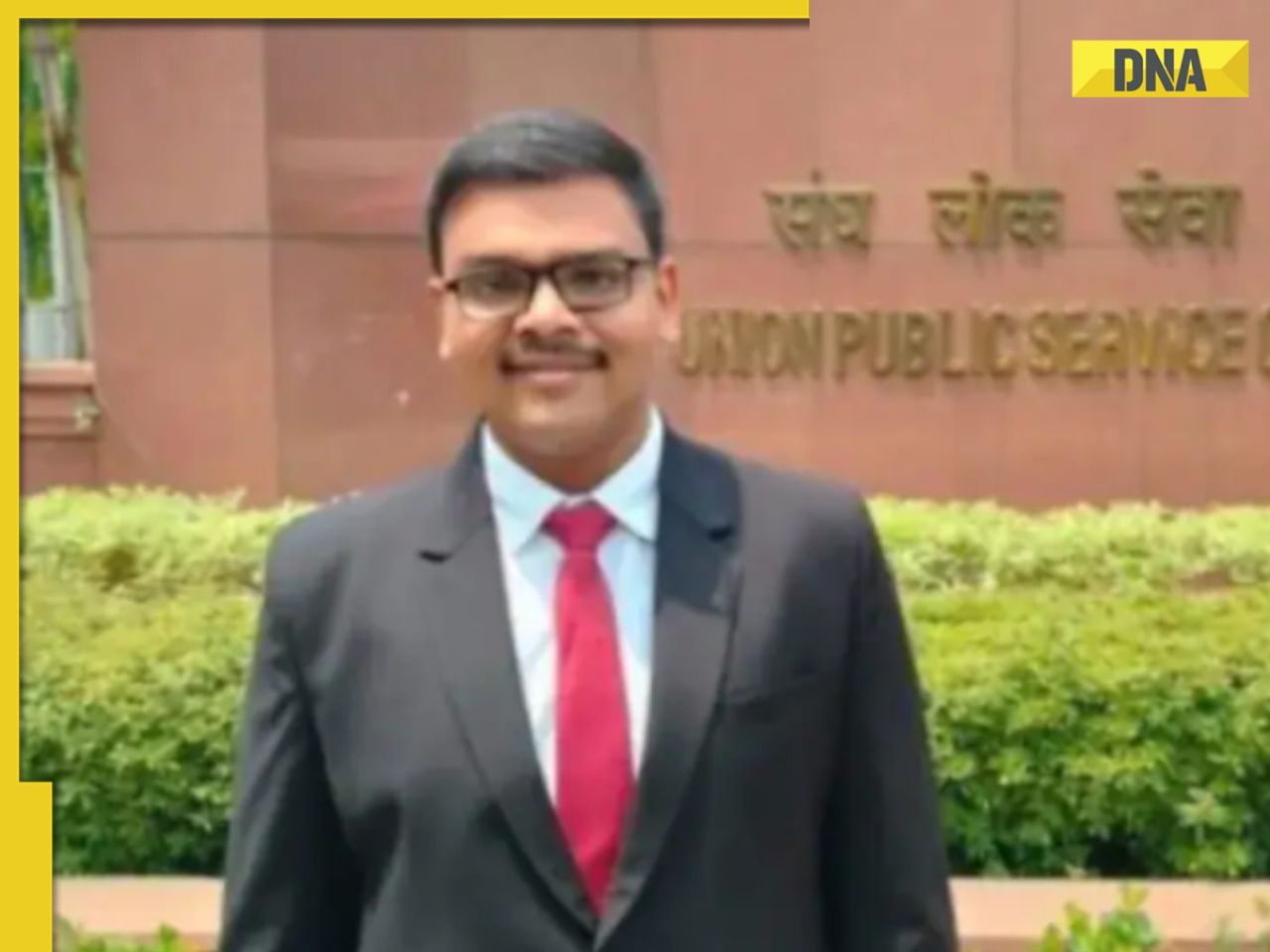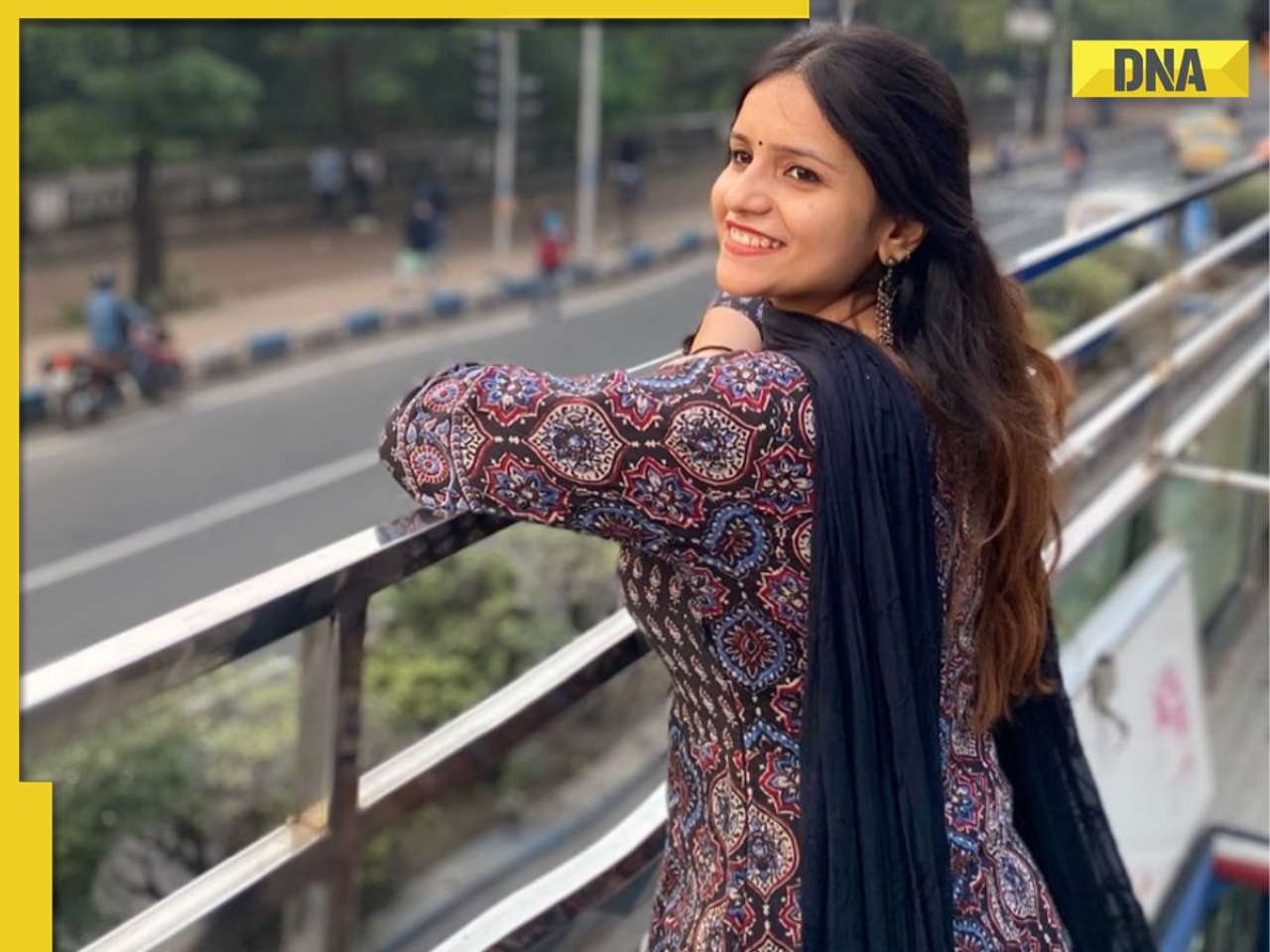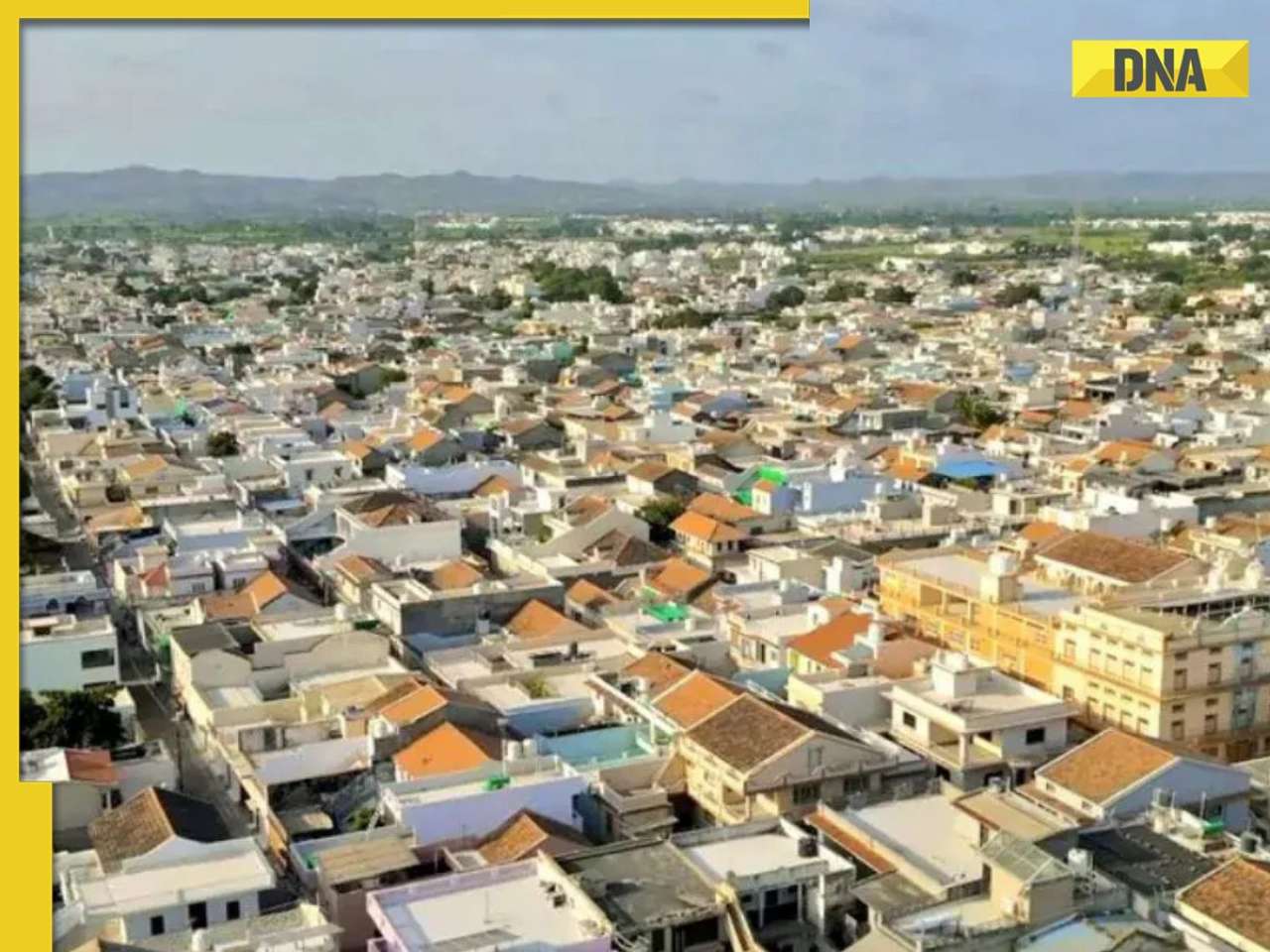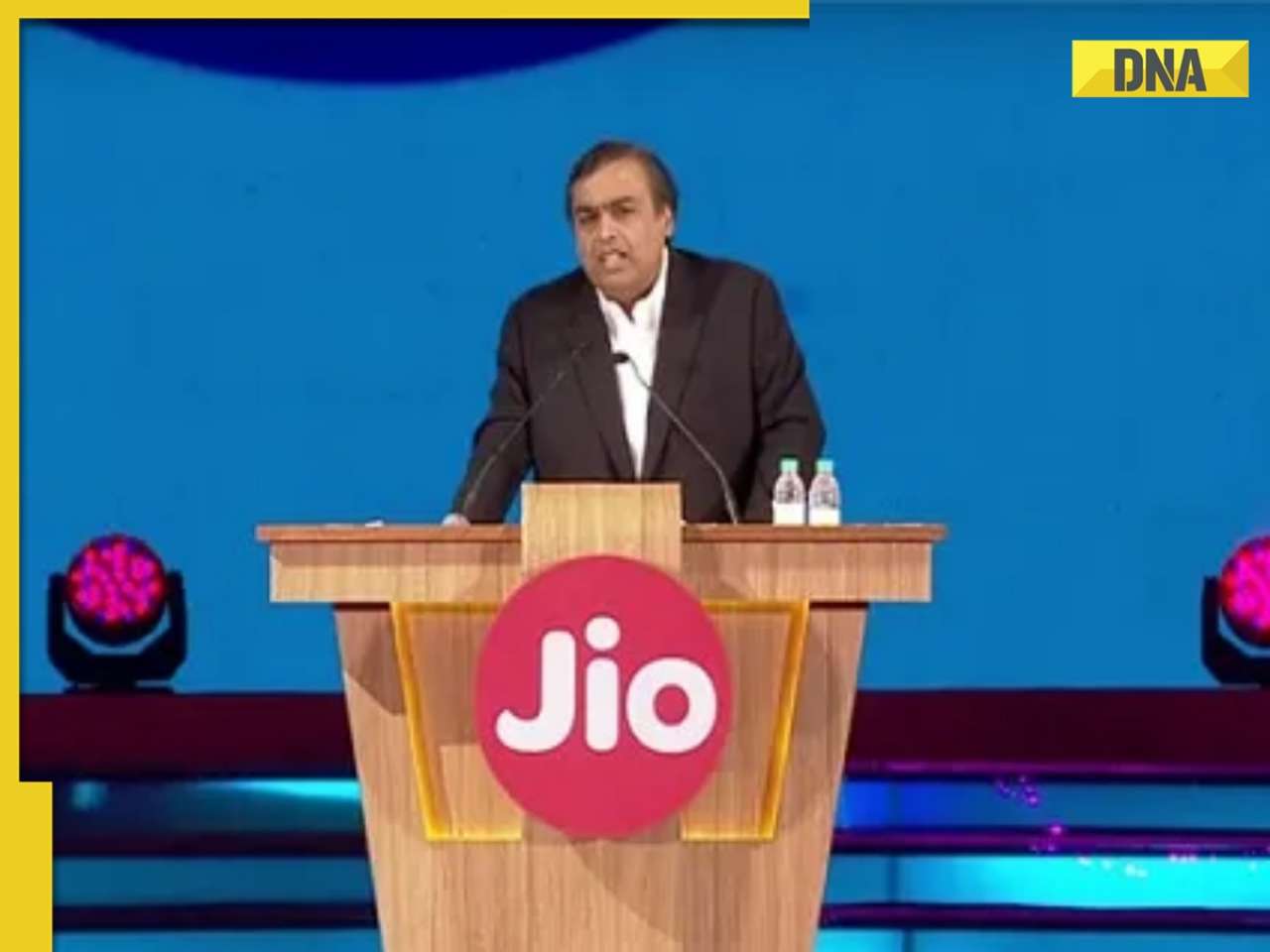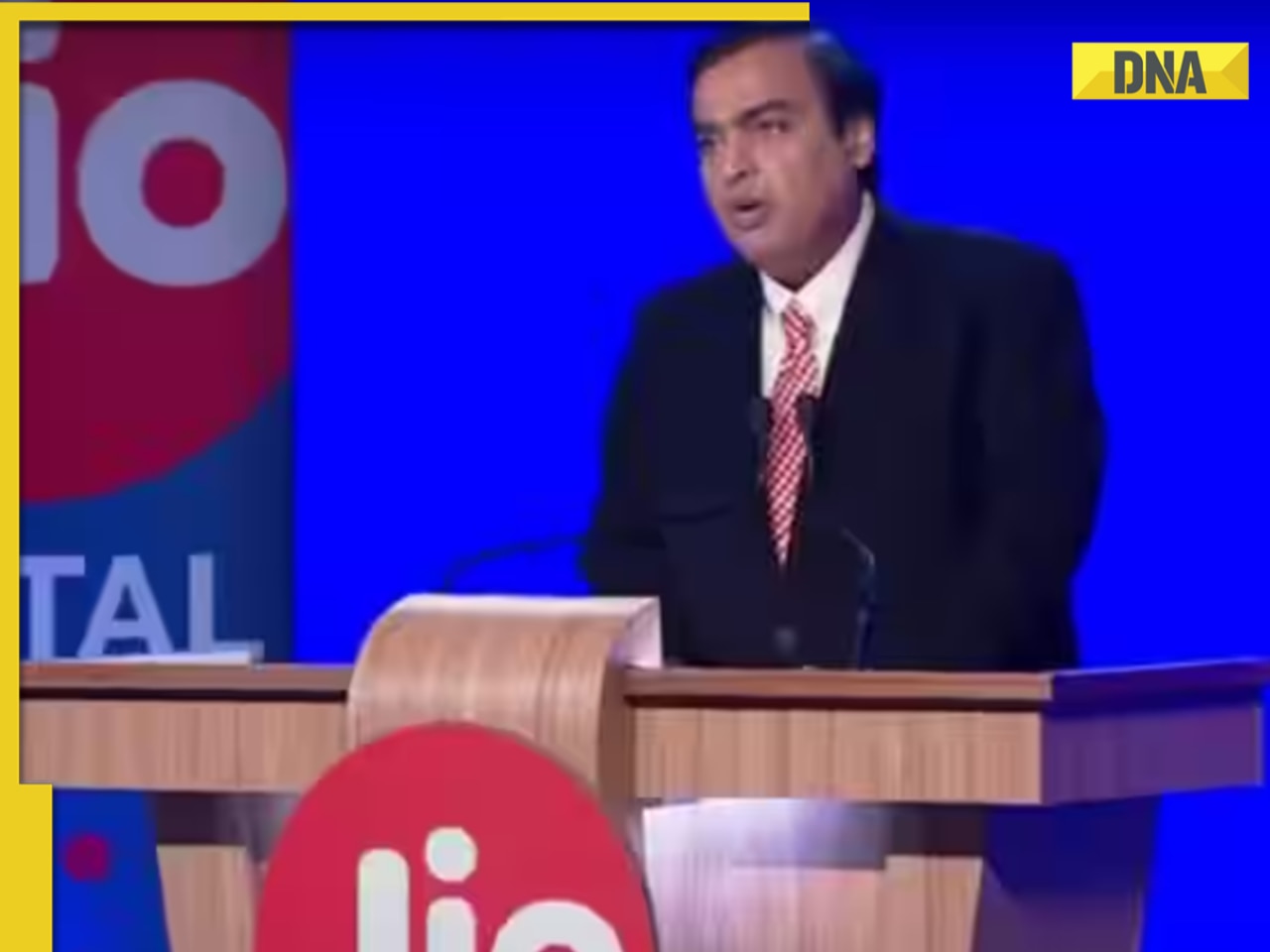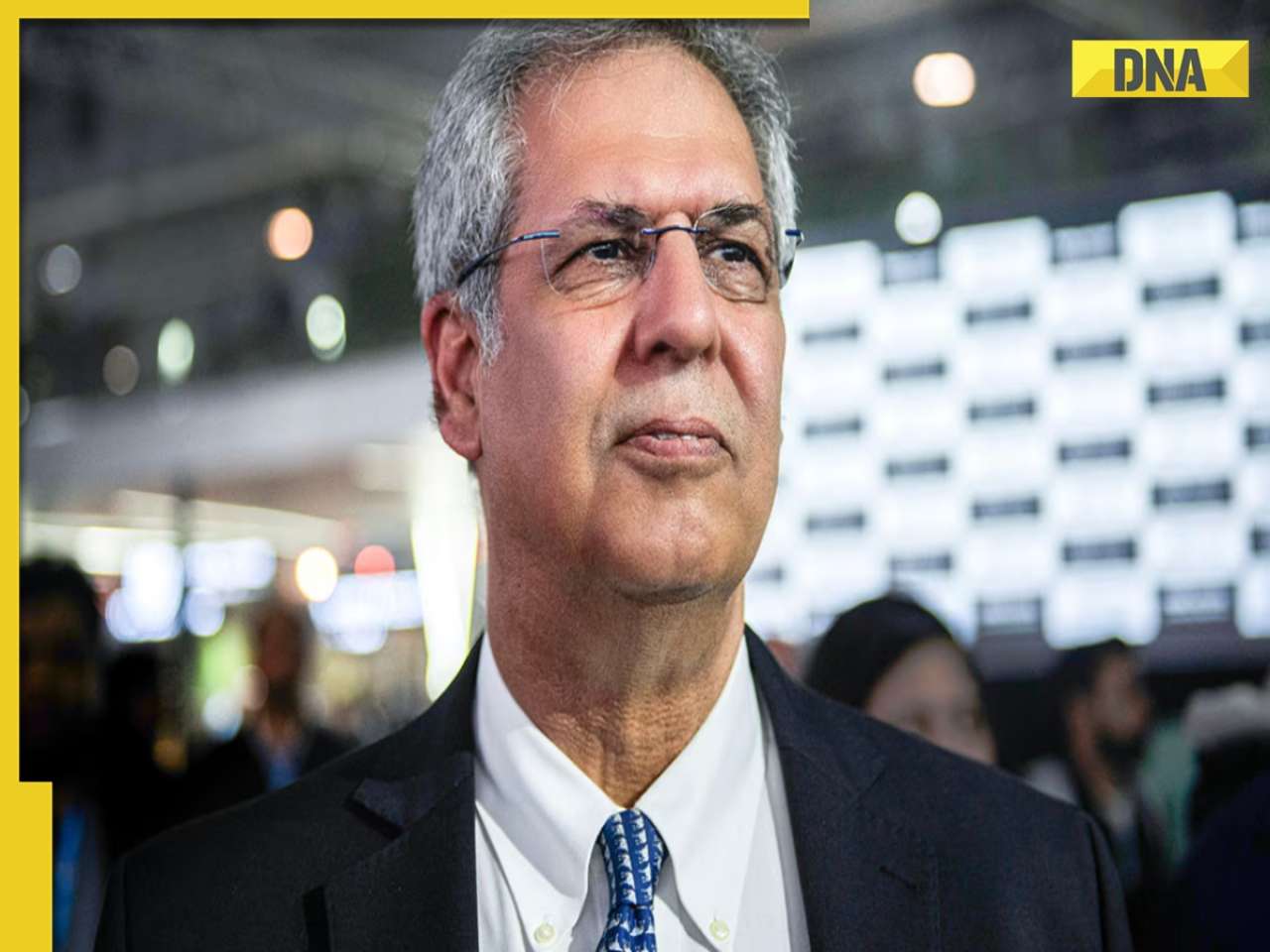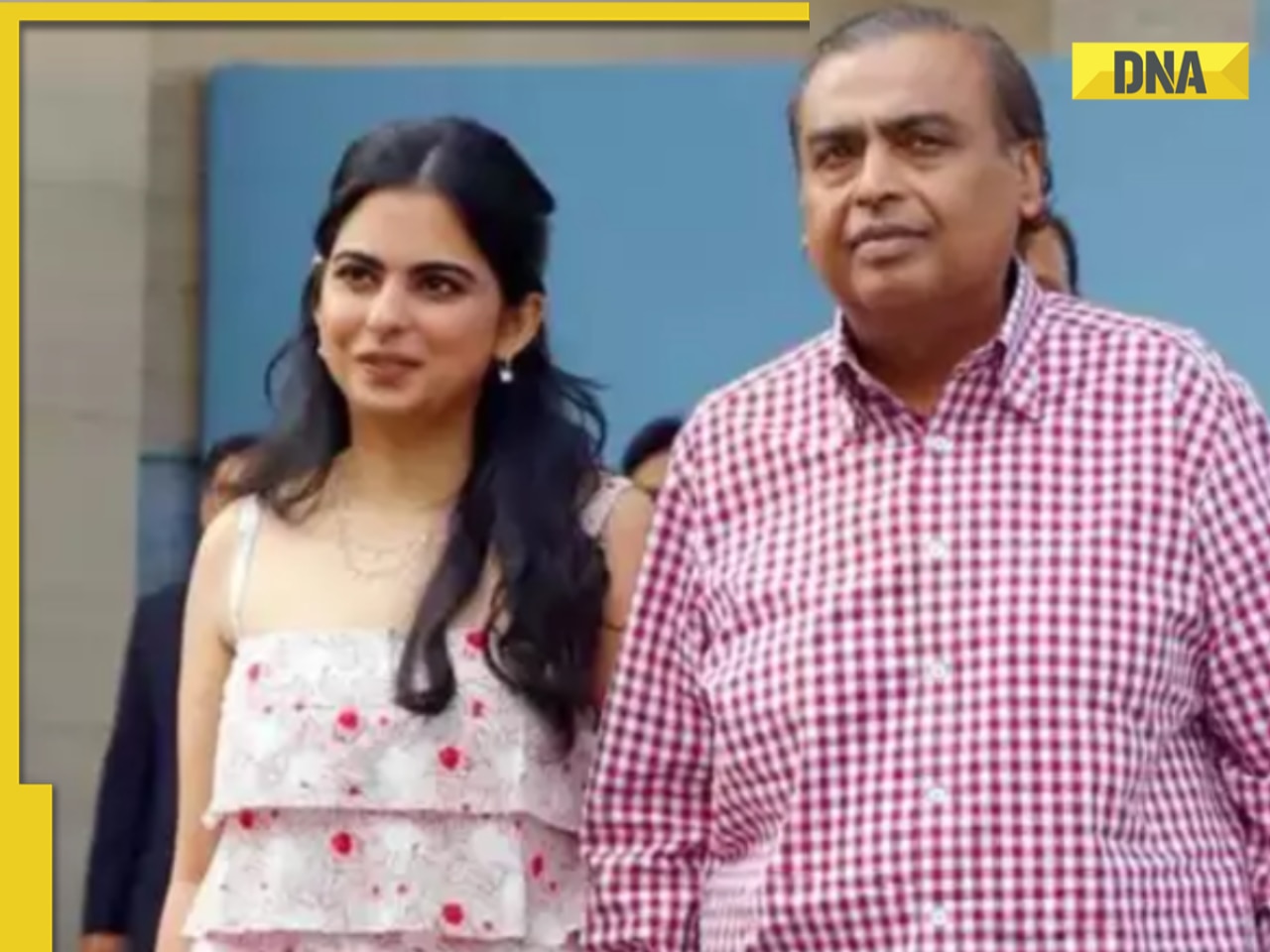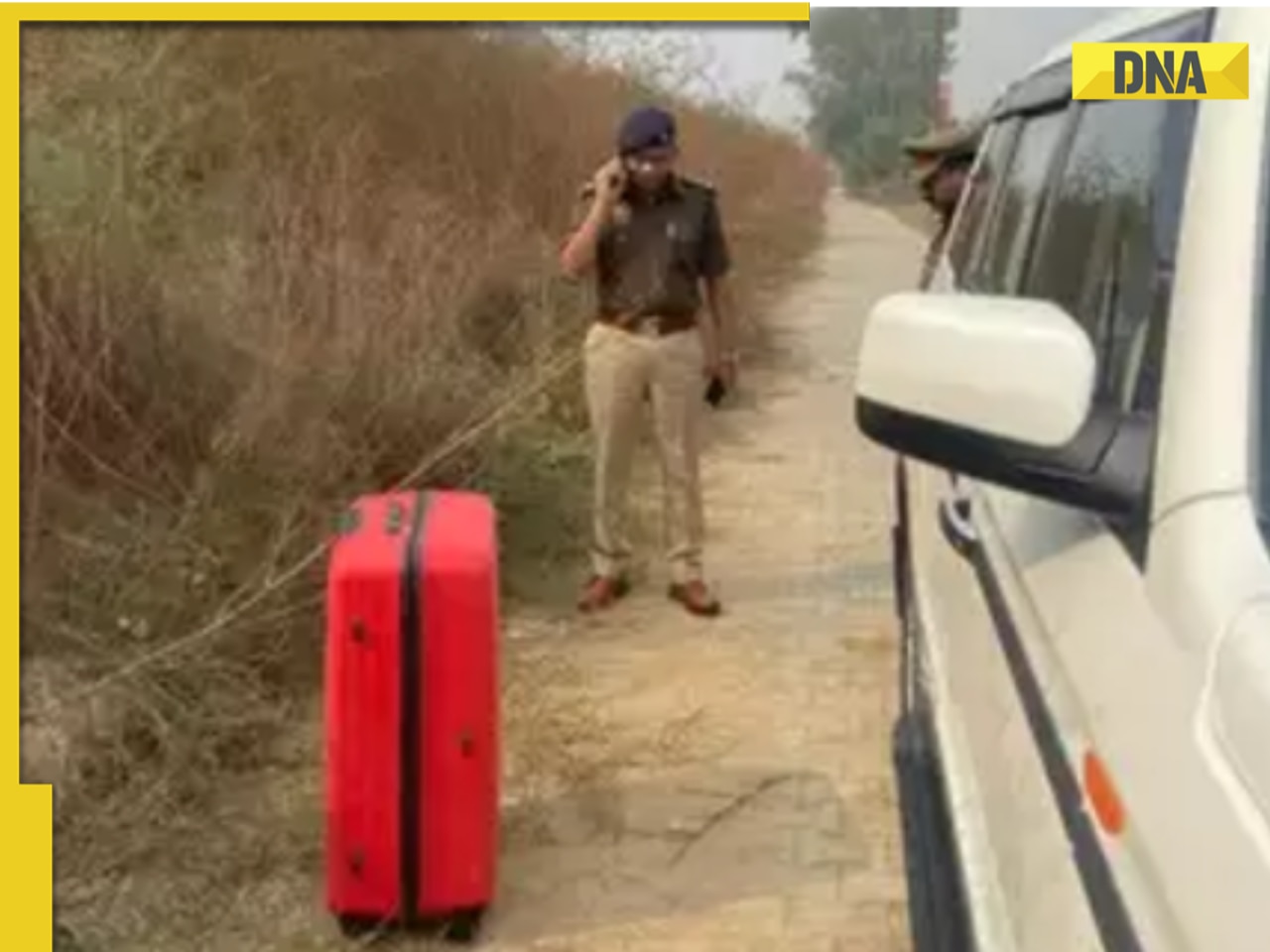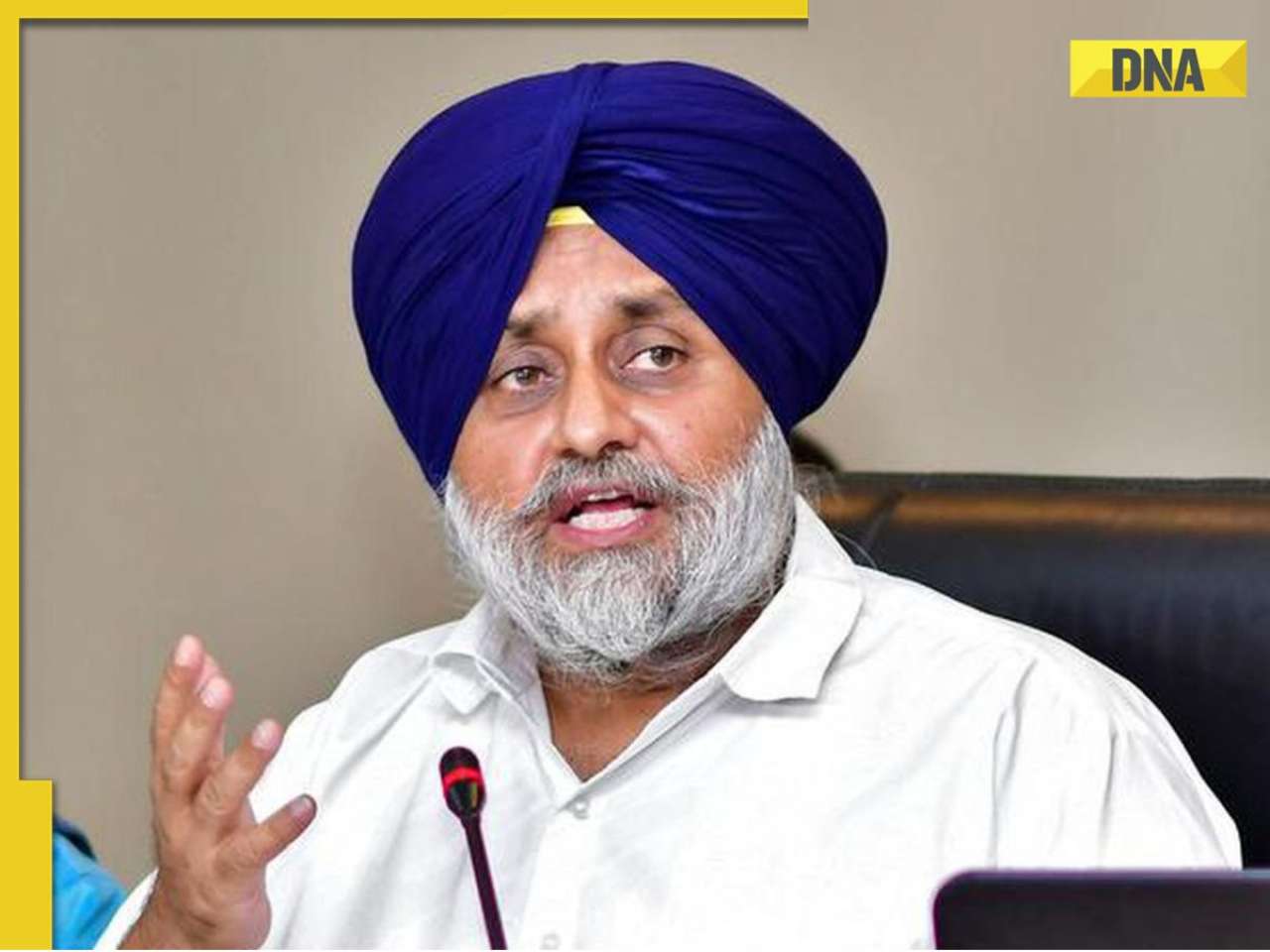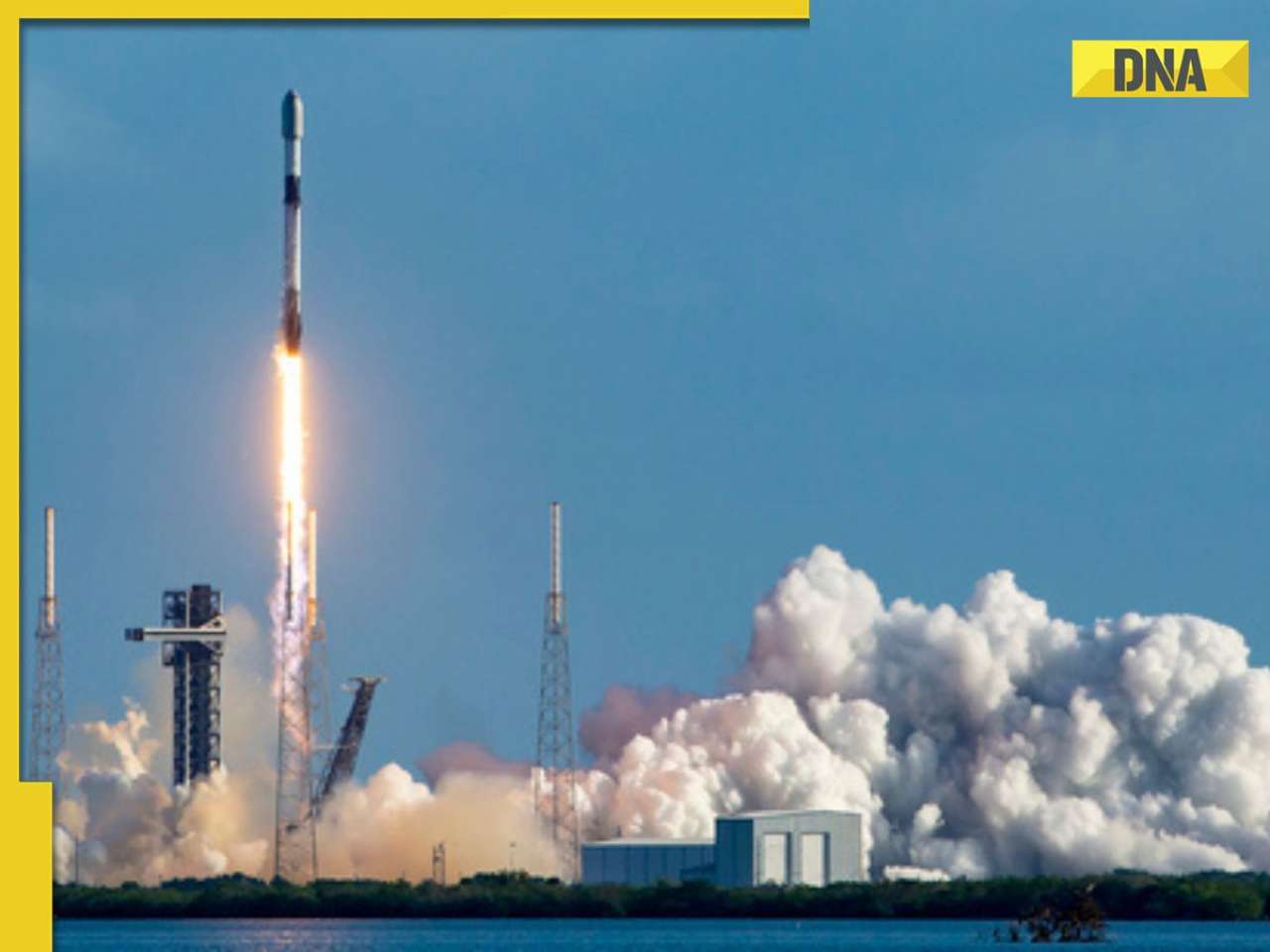- LATEST
- WEBSTORY
- TRENDING
WORLD
‘Jihadis have taken root in the US’
Jihadi scholar Walid Phares on jihadi terror originating from Pakistan — and on India’s options.
TRENDING NOW
Recent arrests, in Pakistan and in the US, of American nationals linked to jihadi terror, including the Mumbai attack, show that a critical mass of jihadists has penetrated the US, says Walid Phares, an adviser to the US House of Representatives caucus on counter-terrorism and a senior fellow at the Foundation for the Defence of Democracies.
In an interview to DNA, Phares, author of, most recently, The Confrontation: Winning The War Against Future Jihad, strategises on Pakistan's centrality in the war against jihadi terror, and India's response options against Pakistan. Excerpts:
Five US nationals were arrested in Pakistan on the suspicion that they were about to join a jihad. Earlier this week, David Headley, another American of Pakistani origin, was charged in a Chicago court with conspiracy in the Mumbai terror attack. Last month, Maj Nidal Malik Hasan killed 13 people in the Fort Hood shooting. Has jihad taken root in America?
The principal issue menacing US national security is the expansion of what experts call 'home-grown' terror but what I call 'urban jihadism'. What is home-grown are the individuals who were either born in America or hold the US passport. The ideology is not home-grown; it is part of the international jihadi ideology of Salafi doctrine which influences vast networks across the globe, from India and Pakistan to Russia, black Africa, Europe, and the Arab and Muslim world.
The US felt insulated from the reach of jihadists until 9/11. Then many experts argued that while 9/11 was perpetrated by 'aliens', America was still shielded from home-grown terror of the sort that had developed in Europe, India, and Russia. These experts were wrong; we have seen over the years an increasing number of US citizens, most of them born here, engaging in what they believe is jihad. But as I argued in my last three books, especially in Future Jihad: Terrorist Strategies Against America, jihadists have penetrated the US and are now producing a greater number of militants. There isn't one reason for that sudden growth. But their numbers are exploding; it has reached a critical mass.
Is there sufficient recognition in US strategic circles — based on many of these incidents (and several others recently) — that Pakistan has emerged as the epicentre of jihadi terror?
Based on facts and evidence, al-Qaeda, the Taliban, and other jihadi forces have built solid bases inside Pakistan. We see it in the fights taking place there, not just in Waziristan but also in the terrorists' capacity to reach deep inside Pakistani cities. We have also seen that most jihadist recruits in America and Britain have some connections to circles inside Pakistan. Increasingly, analysts in US strategic centres are realising this fact. The US administration and Congress agree that the epicentre of these Salafi jihadi activities is located inside Pakistan.
Is the Pakistan government doing enough to weed out jihadism by its roots? The Pakistani government's military efforts target only those jihadi forces that are attacking Pakistan, not those attacking US troops in Afghanistan or attacking India.
This Pakistani government is on the offensive against the Taliban and al-Qaeda militias in the northwest part of the country and tries to go after Taliban, al-Qaeda, and other jihadist warring factions. There is a real war going on in Pakistan and jihadi terrorists are wreaking havoc inside Pakistan's cities, killing civilians and military alike.
We have to acknowledge that unlike in previous years, the war has assumed dramatic proportions. But is the Pakistani government waging pre-emptive attacks against Islamist and jihadi forces who have not attacked Pakistani interests yet? No. Islamabad has limited its military action against those jihadists who have already waged offensives and terror inside Pakistan, and has not widened its action against jihadists who are aiming at India.
As for terrorists who are based in Pakistan and plotting against the US, the Pakistani government has stated that it is going after them, citing the arrest of US citizens who are radicalised and trying to connect with al-Qaeda. Pakistan's campaign against jihadists is for now defensive because I believe the secularists are afraid a wider campaign against all jihadists would push the country into the hands of extremists.
How serious is the risk of jihadists taking control of Pakistan's nuclear weapons?
This is obviously a great risk and of concern to the US, the West, and the international community. Other world powers, including Russia and China, are also concerned. Keep in mind that a takeover by Taliban-like jihadists of Pakistan's military would constitute a threat also to Russia because of the links with radicals in the Caucusus — and to China because of similar links with radicals in northwestern China. A jihadi control of all or some of Pakistan's nukes is a game-changer for world security.
Should the US have a contingency plan for taking control of nuclear facilities in Pakistan? Does it have one?
One would project that the US and other powers should have contingency plans in case of nuclear weapons falling into the hands of terrorists anywhere in the world, including in America, Russia, or Pakistan. We don't know specific details of such contingency plans, but one would assume that there are US emergency plans among great powers to address such a crisis if it occurs.
The perception in India is that the Pakistani government is insincere about rooting out jihadi terror camps targeting India. Why does the US strategic community give the Pakistani government a free pass, overlooking India's concerns?
We are not naive and know that the Pakistani government is not acting against jihadi groups plotting against India in the manner that New Delhi desires. Had a similar situation occurred between France and Germany, things would be different. If a jihadi group was based in Germany and plotting against France, German authorities would be forming a task force with France to eradicate such a group very quickly.
But the situation between India and Pakistan is not quite as smooth and stable as it is between European countries. The unresolved issues between India and Pakistan are one reason for the mistrust between the two South Asian powers. But even with this in mind, it is in the interest of Pakistan and India to terminate the jihadi threat that targets both democracies. It is not easy and it won't be solved fast. But if I were the US president, I would convene an India-Pakistan summit dedicated to confronting and defeating jihadi terrorists, including those based in Pakistan and targeting India.
Washington wishes to see the Pakistani government first defeat the threat to its west (in Waziristan) and then turning to end the terror groups deployed in its east and targeting India. Indians must decide what is in its interest: to see Pakistan winning its battle with jihadi terrorists, even in phases, or Islamabad being taken by the Taliban.
In principle, there is no doubt that India has the right to defend itself against terrorists and demand that Pakistan shut down groups threatening India. But at a practical level, India's leaders should carefully consider the strategies to achieve these goals. I believe that India is well-positioned to help in a war of ideas from its own soil, something the US hasn't been successful in doing. India has the linguistic, cultural, and economic resources that can help tremendously. Besides, India has high credibility in the international community and can be helpful in gathering international support against jihadists. This is a field where New Delhi can achieve enormously against terrorists, including those based inside Pakistan.
US attention appears to be focused solely on al-Qaeda/the Taliban on the Afghan-Pakistan border and on the Pakistani side of the border, not at terror groups based in Pakistan-occupied Kashmir and targeting India.
Under the previous and current administrations, the US bureaucracy has failed to understand the global jihadi threat and was, therefore, unable to achieve successful strategies to counter these groups in many places, including in the Indian subcontinent. But other countries facing jihadi threats have also focussed on their own narrow national security interests. Russia fights its own Salafi jihadists but is not part of a global campaign. The Europeans have their own campaigns and seldom coordinate with the US or others. China has no desire to talk about its own jihadists with the rest of the world. India, too, wants to terminate jihadi terrorists along its western borders, but is it committed to a worldwide campaign to fight them in different spots? Israel focusses on Hamas and Hezbollah. Saudi Arabia fights al-Qaeda inside the kingdom.
In my view, what is needed is an international doctrine against the jihadi threat — and international coordination. When that is achieved, all countries will have to fight against the global jihadi threat — not just against what threatens them. Washington is sending weapons to Islamabad so that Pakistan's armed forces can destroy al-Qaeda and defeat the Taliban.
Obviously it would be much better if there were an overarching strategy to confront all jihadists, including those who are based in Pakistan and targeting India. Many legislators and experts in the US are aware of this. Pakistan receives US weapons, and yet its diplomats defend the jihadi ideology by speaking of "Islamophobia" and "defamation of religions". There are lots of contradictions and American bureaucrats, too, are making many mistakes.
After the Mumbai terror attack, India had compelling reasons to strike at terror camps in Pakistan-occupied Kashmir but exercised restraint. Yet, to this day, Pakistan uses India as a bogey to deflect attention away from its unwillingness to commit wholeheartedly to the war against jihadists. Why isn’t the US calling Pakistan's bluff on this count?
India did well by not opening a front with Pakistan as it would have allowed jihadists [the Taliban and al-Qaeda] to seize more influence inside Pakistan, including in the armed forces. New Delhi's restraint allowed the Pakistani government to launch an offensive in Swat and Waziristan. Now the Taliban are at war with Pakistan's secularists. Would India like to see Islamabad stopping the offensive now? Of course not. Are Pakistani officials and politicians slamming India with words from time to time while they are slamming the Taliban with shells? Sure they are.
Pakistani officials often criticise the US even as they receive weapons from it. That shows how deep the jihadi political culture is inside Pakistan. Likewise, every time an Arab leader confronts terrorists, he also criticises Israel. It is odd, but it is a political reality. Naturally, the US administration must have an all-out approach to the war against jihadists. Washington must first be firmer with the jihadi ideology to begin with, before it can even pressure its own allies around the world. That is not the case now.
In the event of another attack on India, with origins in Pakistan, why should not India respond in the same way that the US does when it is targeted — with unilateral action?
If India is attacked by any neighbour, it should defend itself. But if a jihadi group based in Pakistan strikes India, New Delhi will have to assess the situation and act from its national security perspective. It must make the judgment very well before it decides what to do — because India is a regional superpower and a world power.
If I can advise New Delhi, I would recommend a new Indian strategy against jihadists that would be pro-active and strategically smart and sophisticated. India can do much more than any nation against the jihadist movement, but in ways that are not necessarily a mere retaliation against a Pakistan-based jihadi terror group. This threat must be fought globally, pre-emptively, ideologically, diplomatically, and swiftly. India can always resort to legitimate defence, but it can do so many things before using sheer power.
Despite serious jihadi attacks in Pakistan, we haven't seen mass uprisings and demonstrations against jihadism — in the same way that millions of Pakistanis took to the street against the Danish cartoons caricaturing Prophet Mohammed. Without that kind of mass uprising, can the war against jihadism be won?
Even when al-Qaeda attacked America, Britain, or when jihadists attacked Russia, we haven't seen massive demonstrations against jihadism. That's because there is a lack of understanding of what the conflict is all about. Inside the Arab and Muslim world, the political culture is controlled by the Islamist movements and so you won't see mass demonstrations against al-Qaeda or the Taliban yet. But there are small changes here and there. In Iraq, after each Salafist attack, you are seeing more internet and media attacks against jihadists; in Lebanon, you saw mass demonstrations against Hezbollah; in Iran, after decades of the Khomeinist regime, millions demonstrated against the Islamic republic. These societies have been oppressed by authoritarians and jihadists for decades. Do not expect sudden revolutions against fascism. It will be gradual and slow, but it will come.
The Taliban are killing civilians inside Pakistan, but the jihadi propaganda machine is very strong there. This brings me back to what countries such as India, Russia, and the West can do in terms of war of ideas. An alliance among India, Russia and the West and against the ideology of jihadism could help trigger uprisings against this ideology inside the Muslim world.

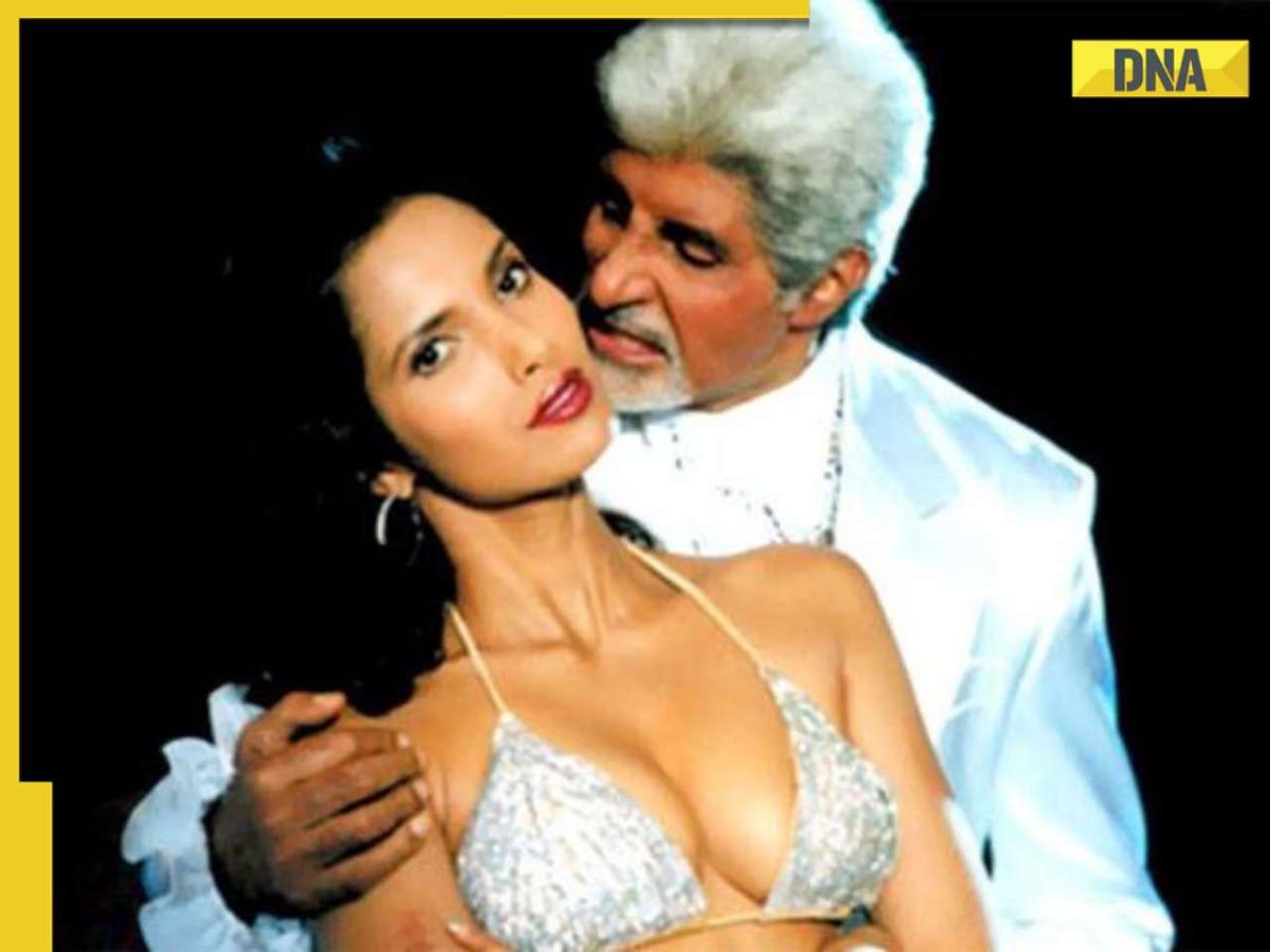
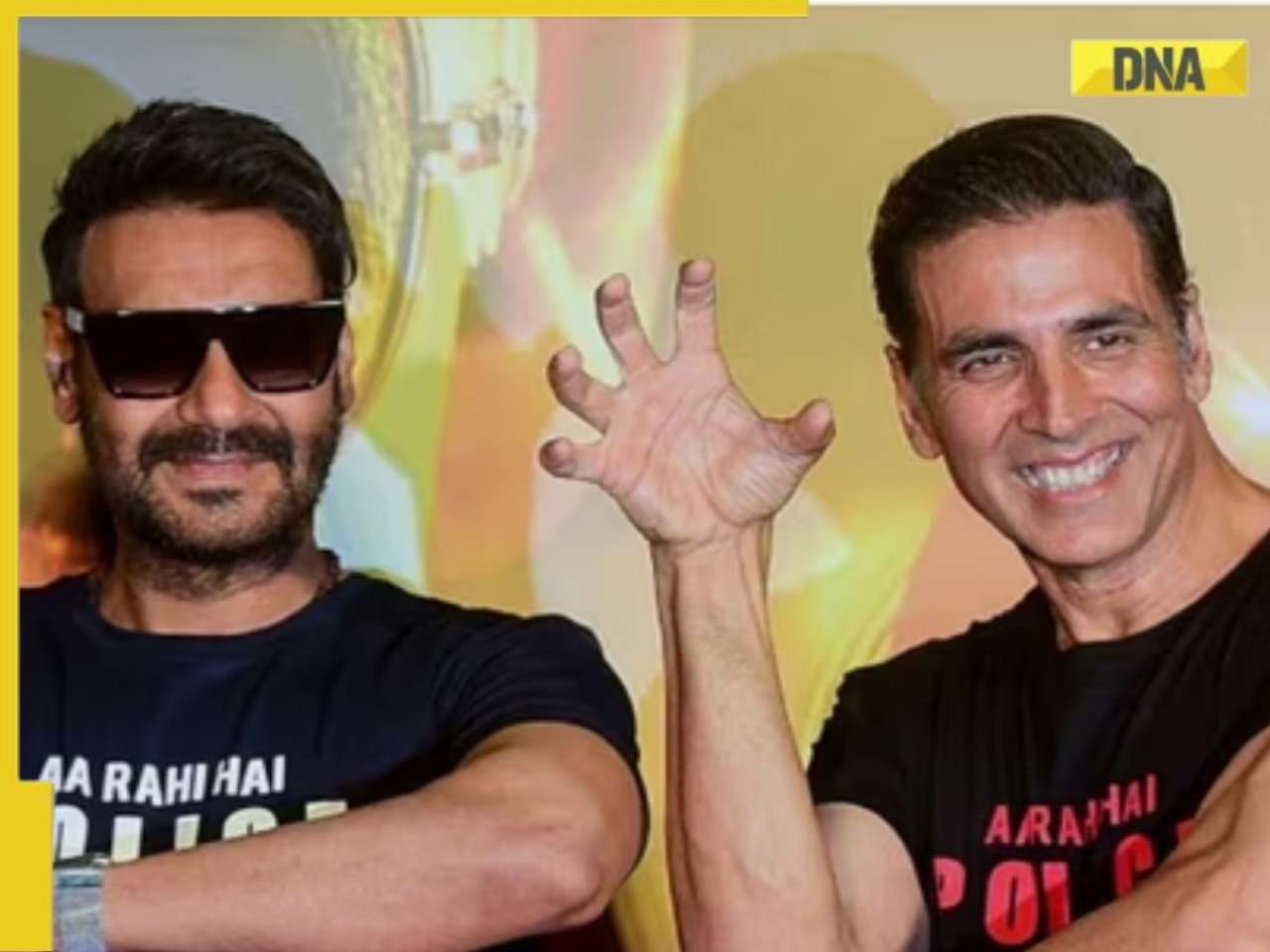





)
)
)
)
)
)
)
)
)
)
)
)
)
)
)





